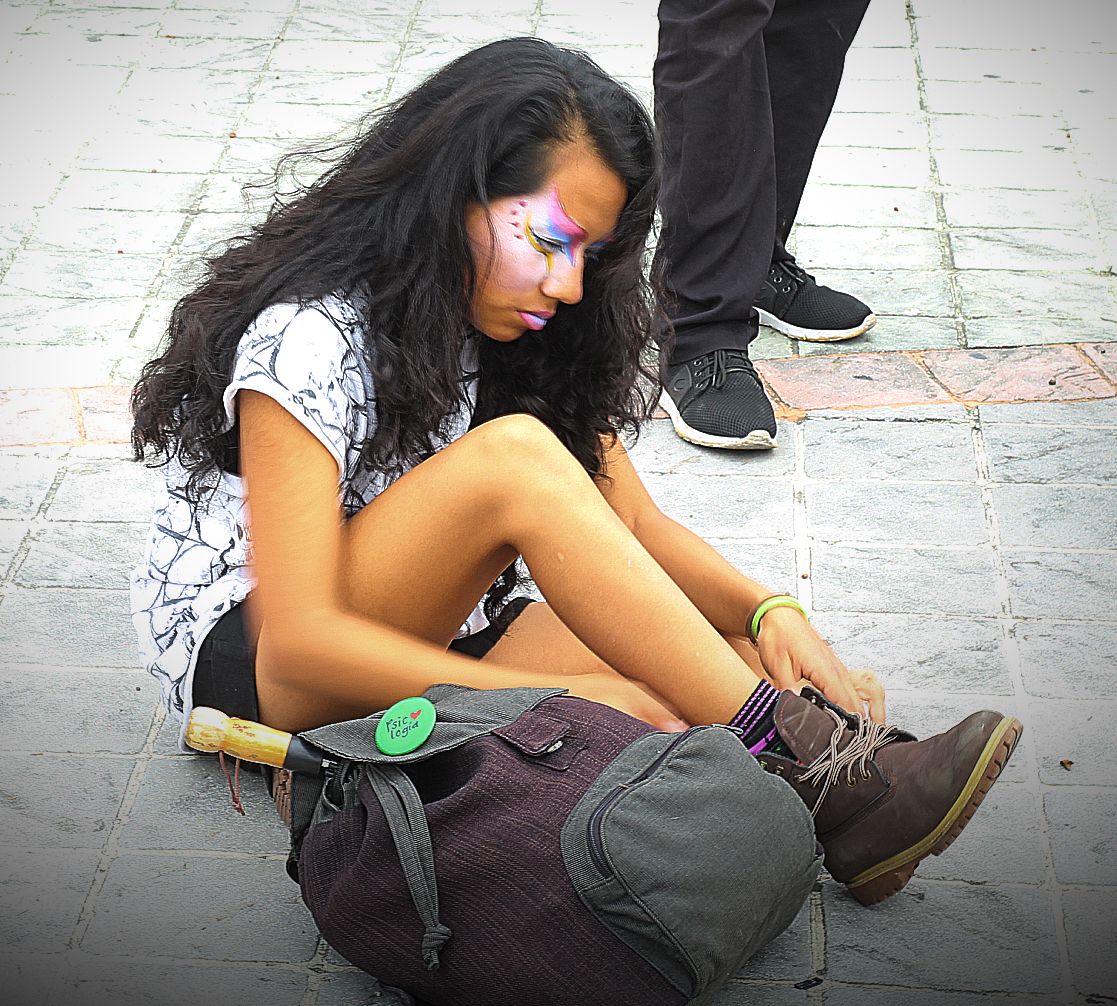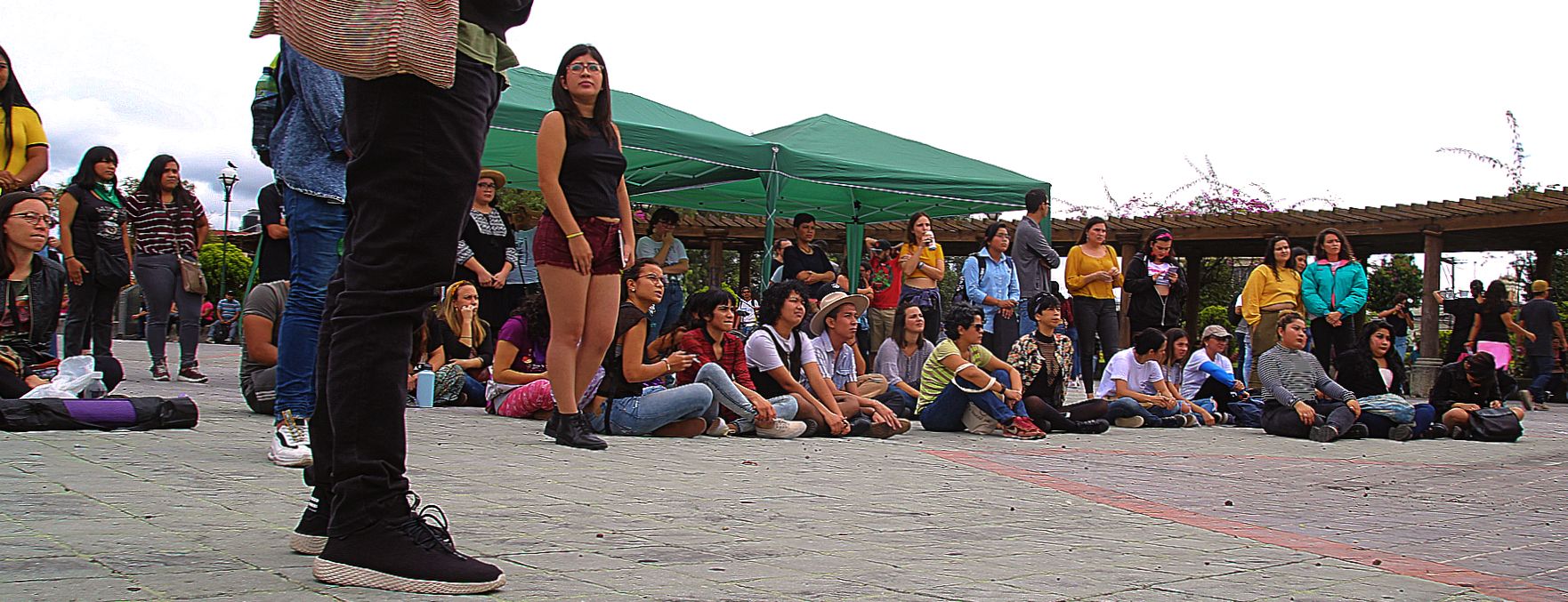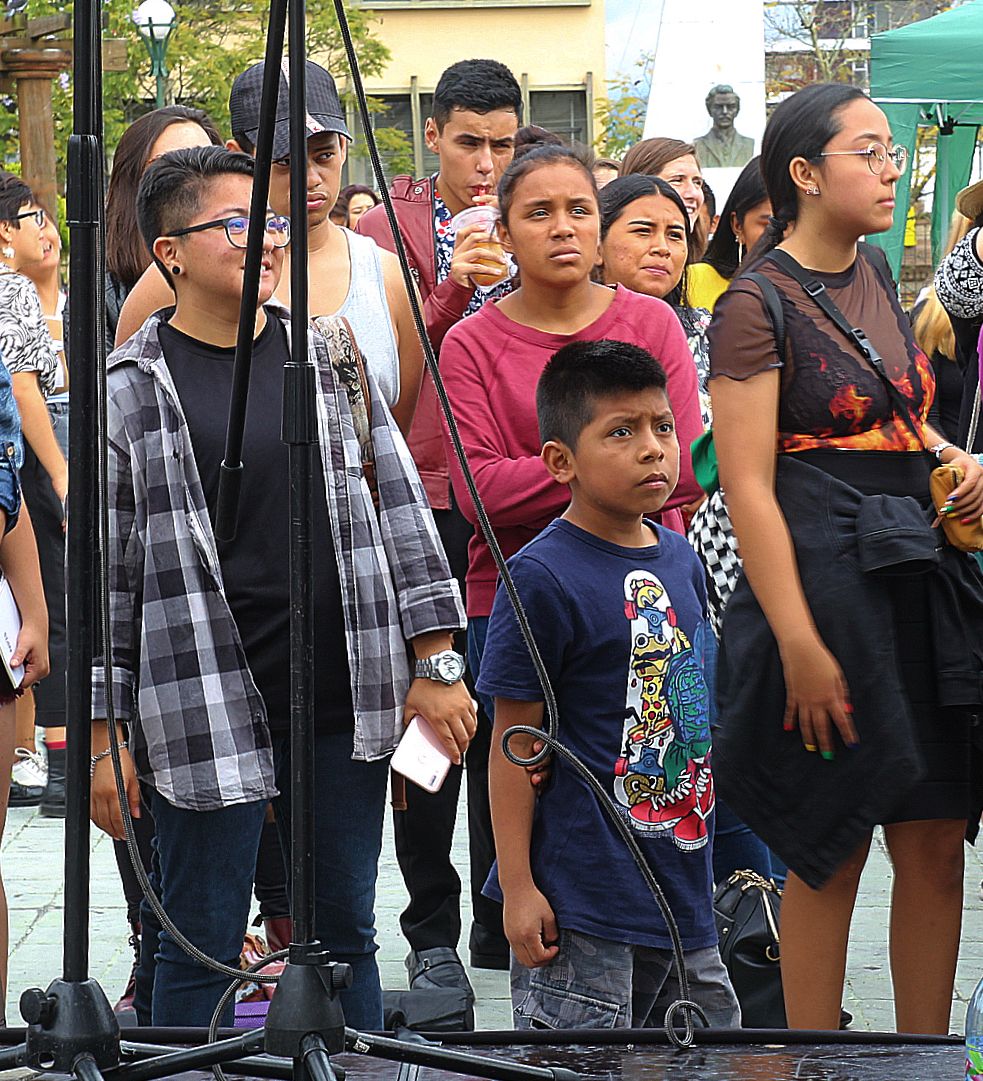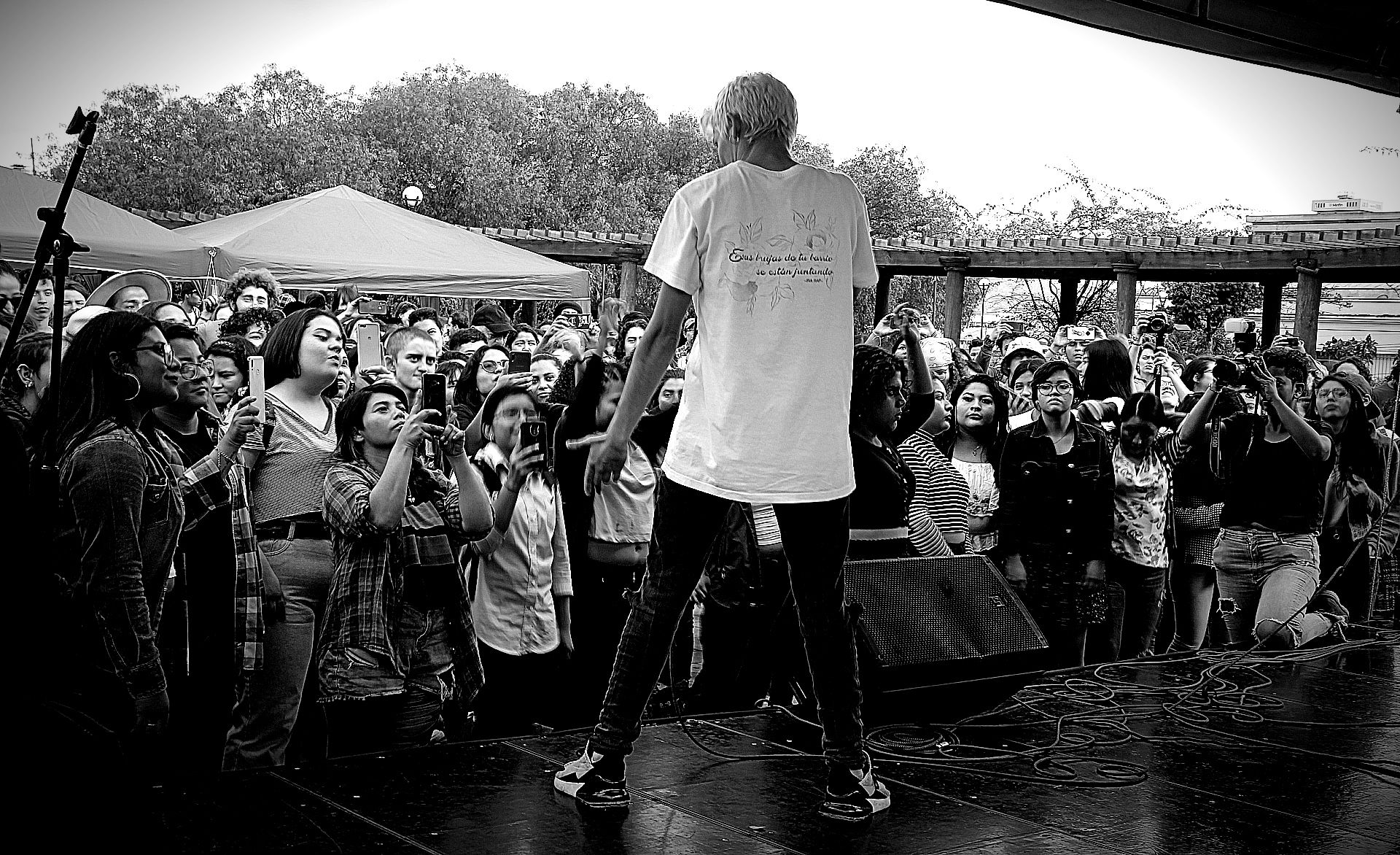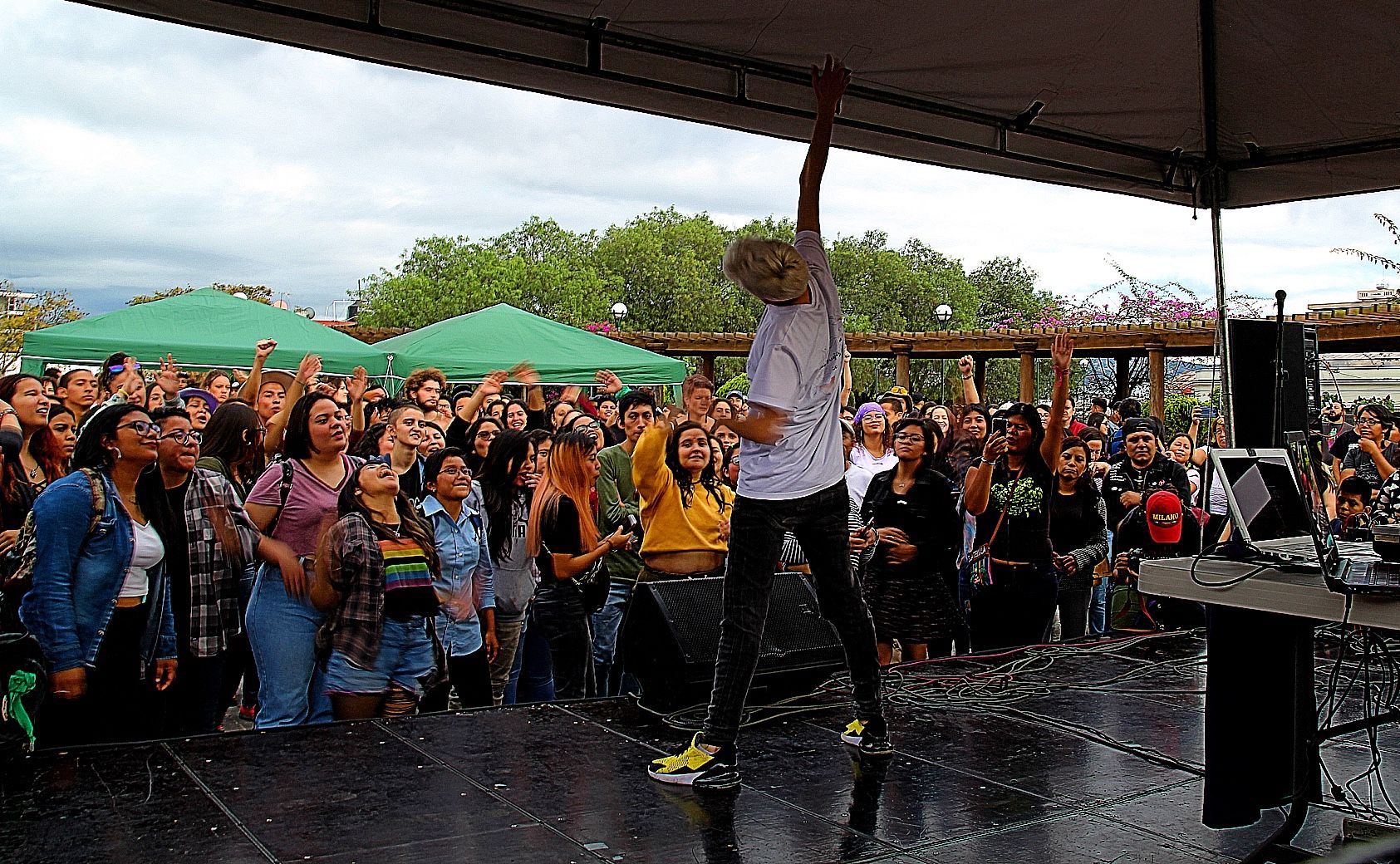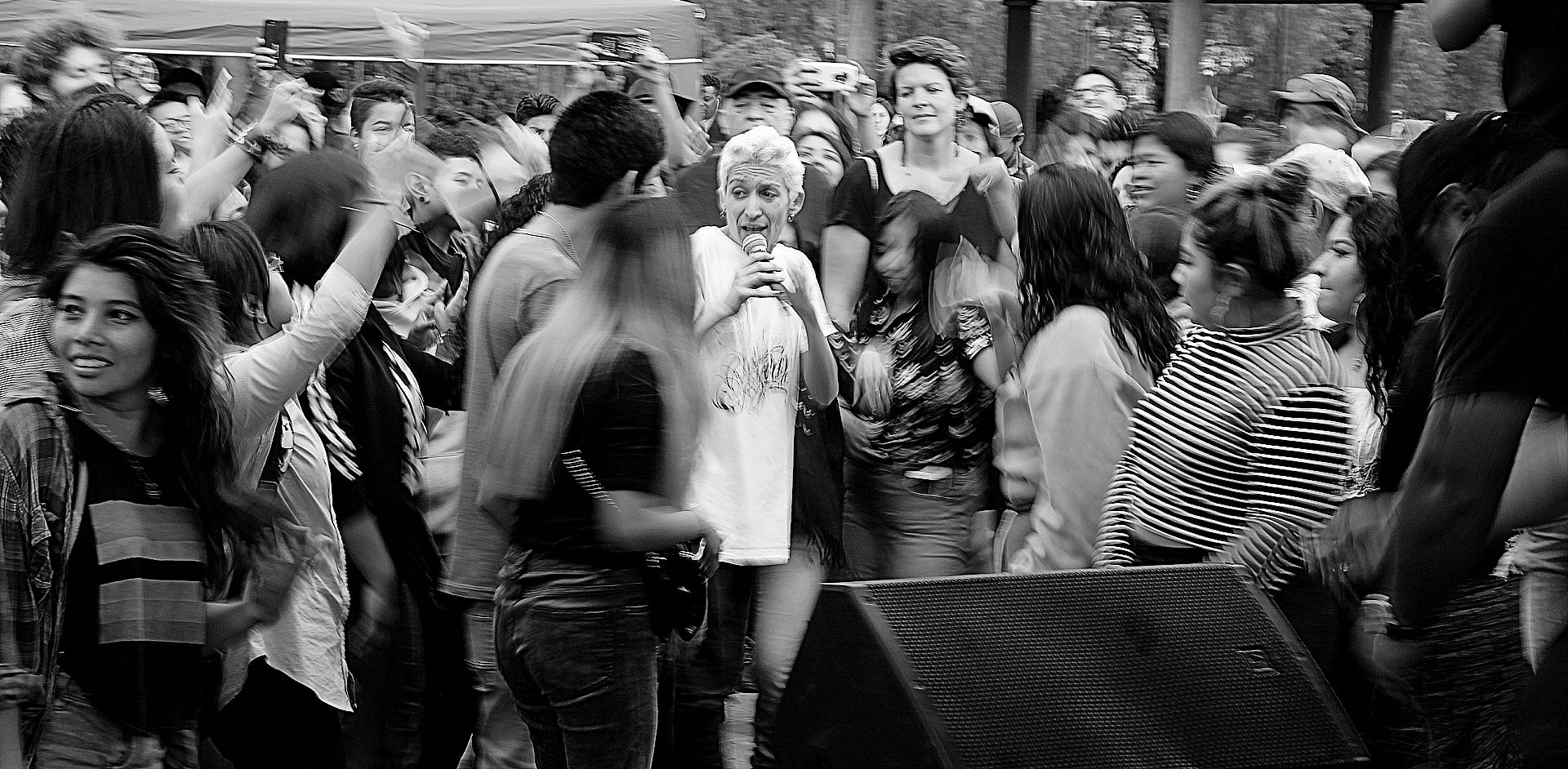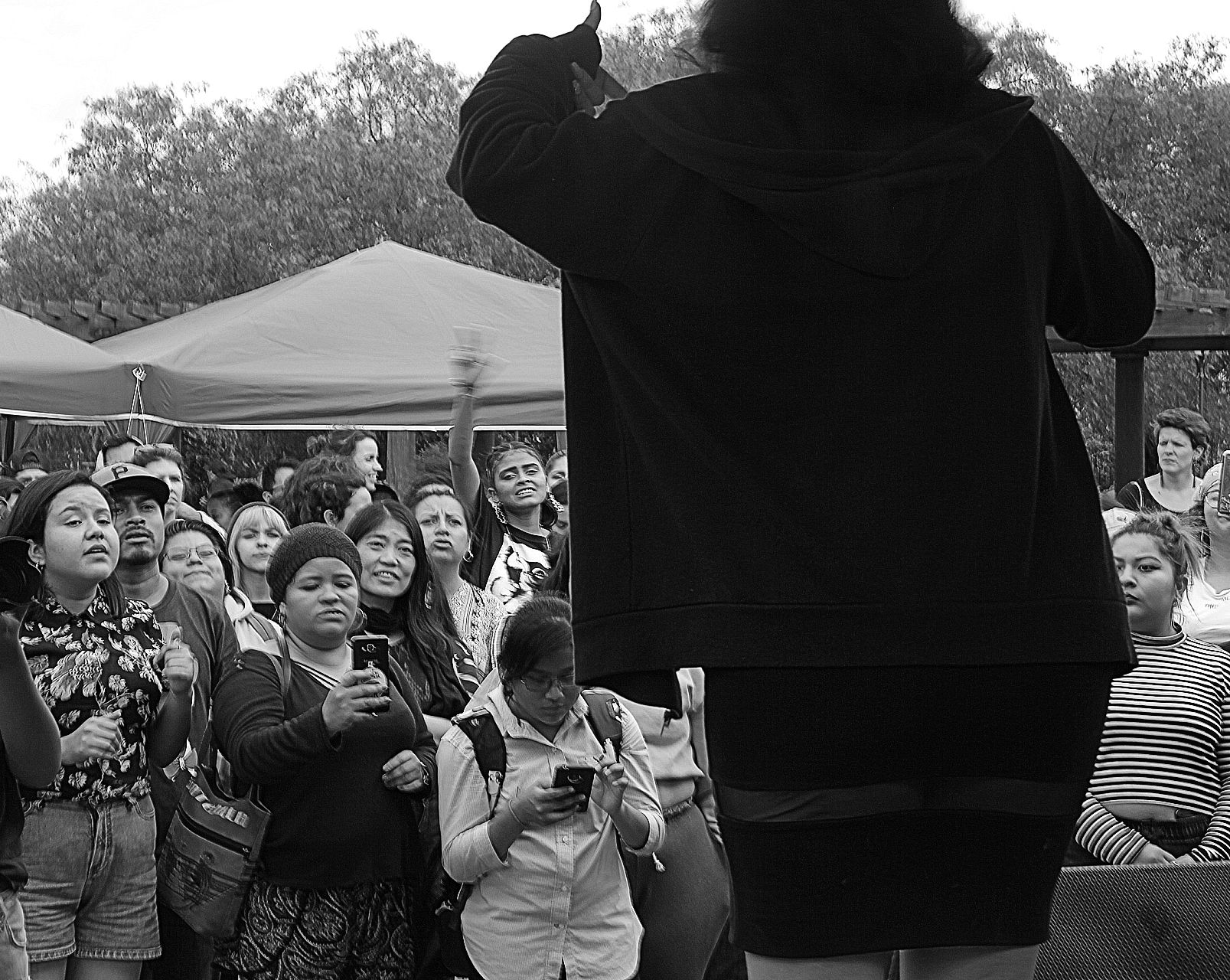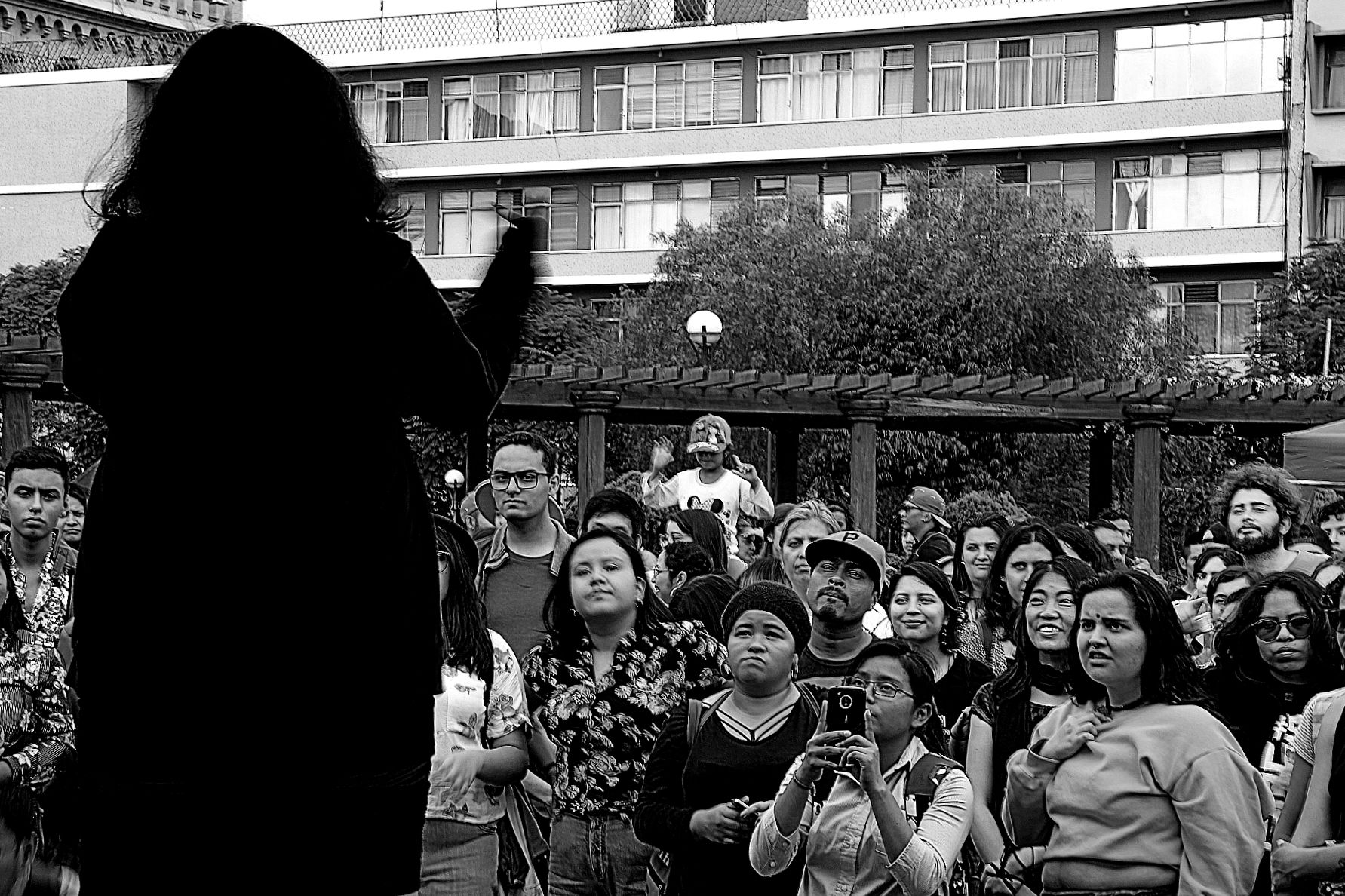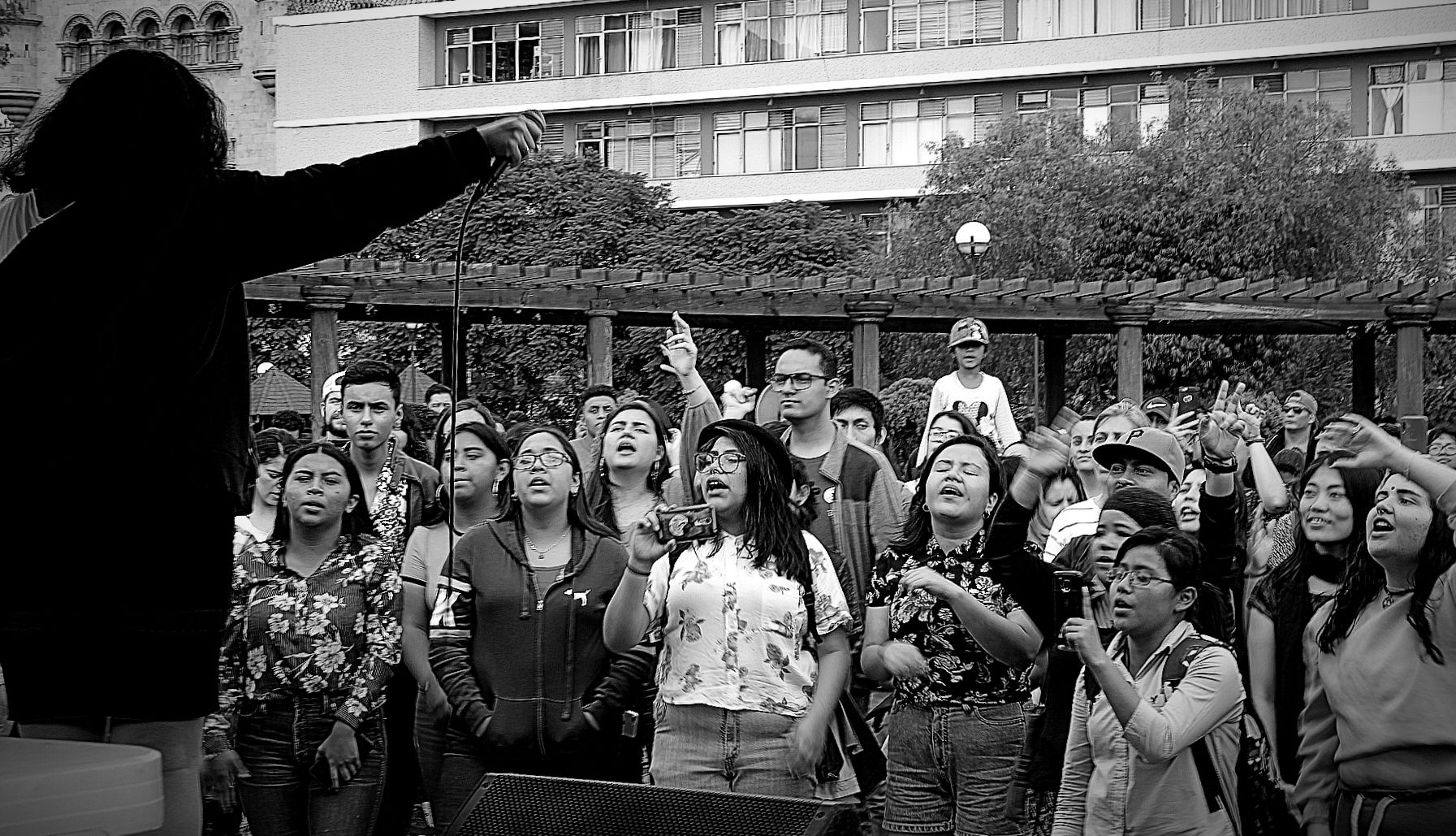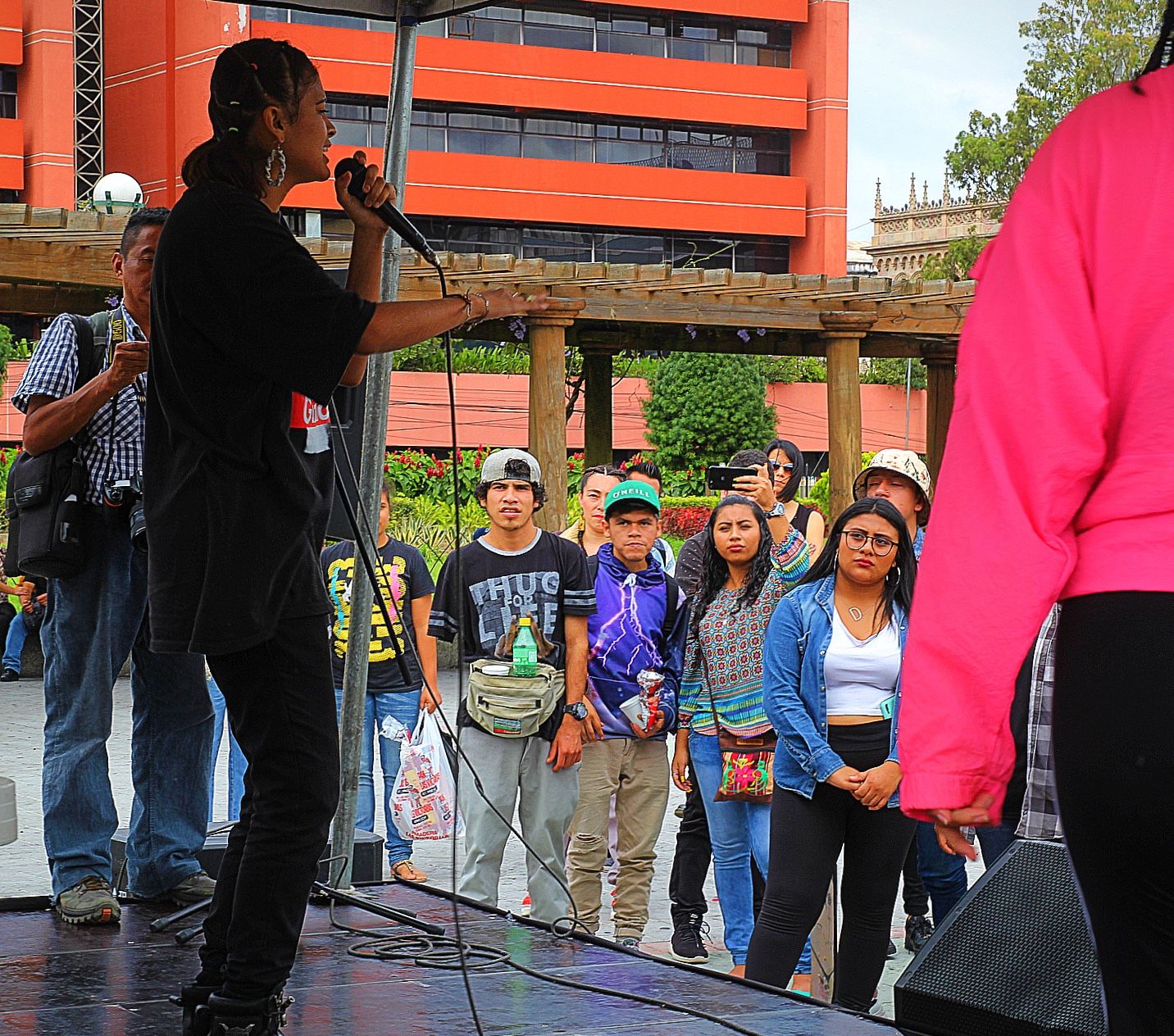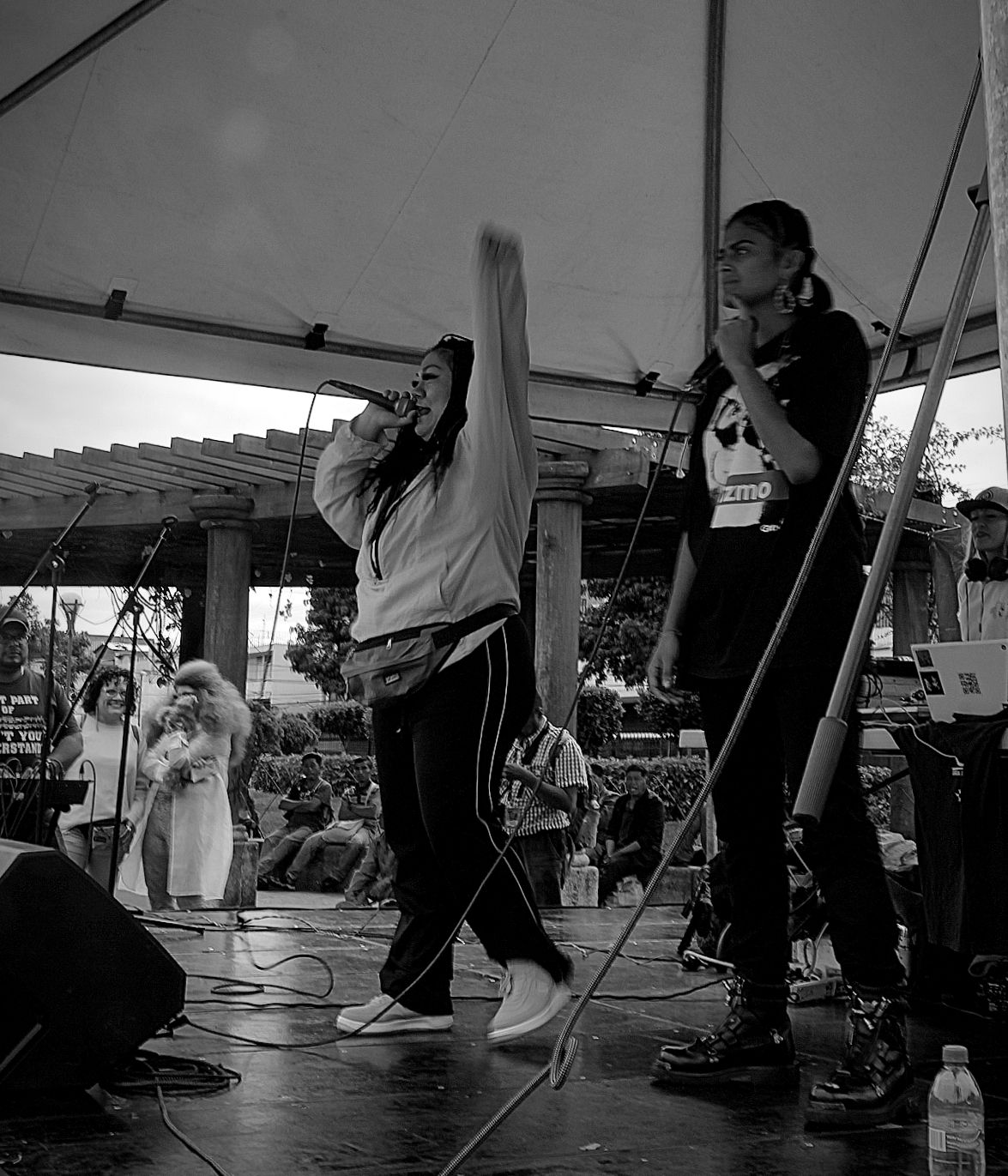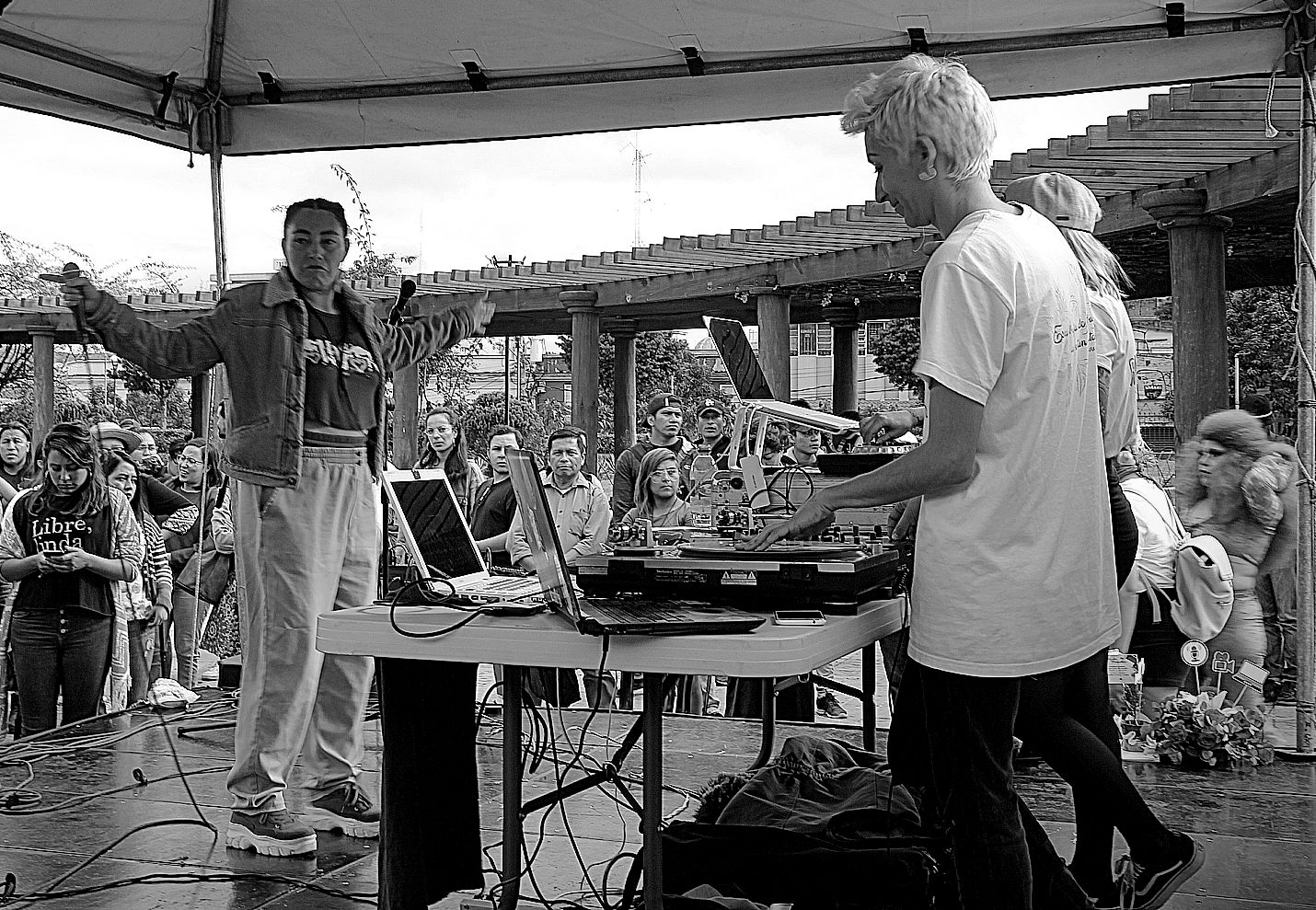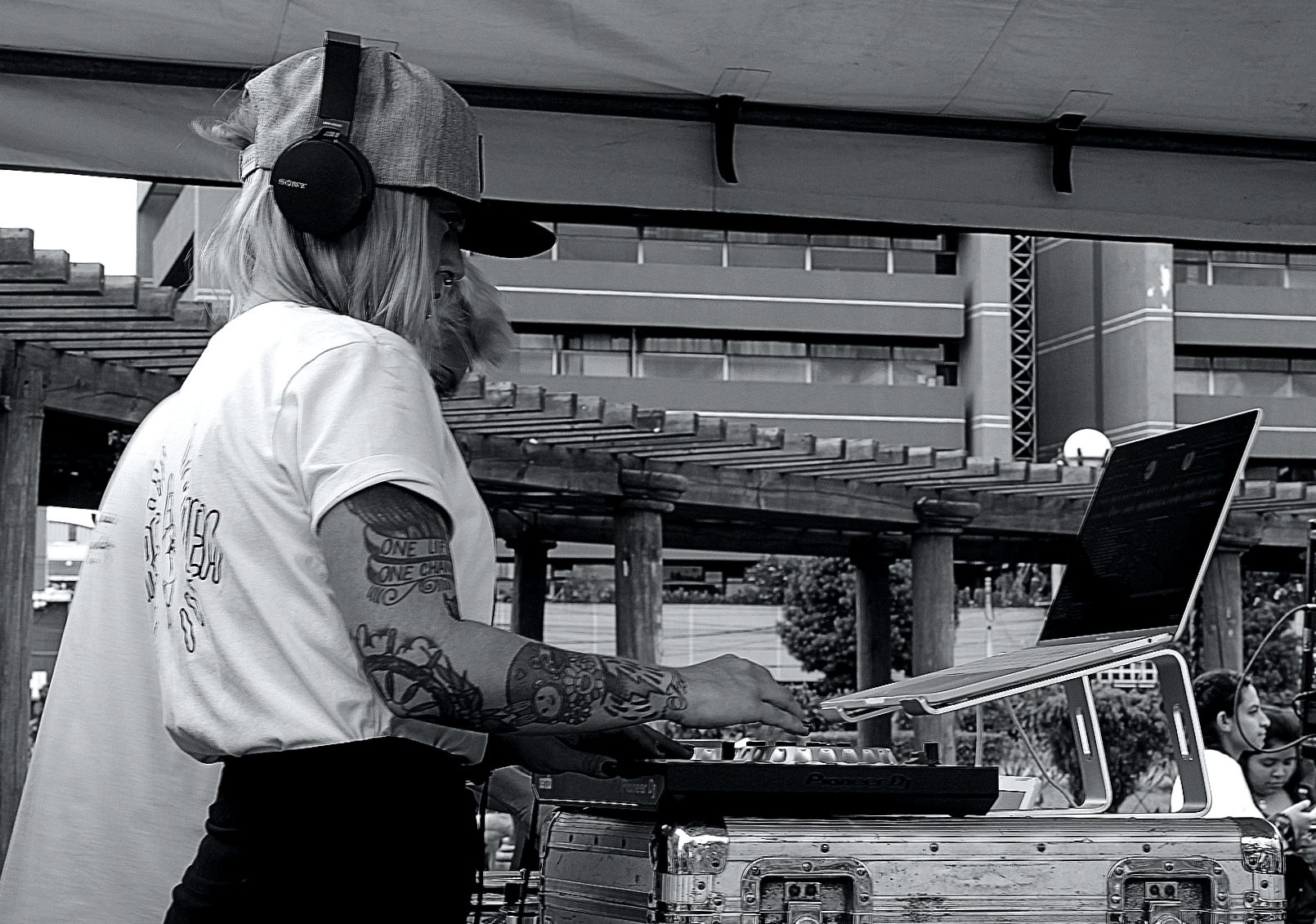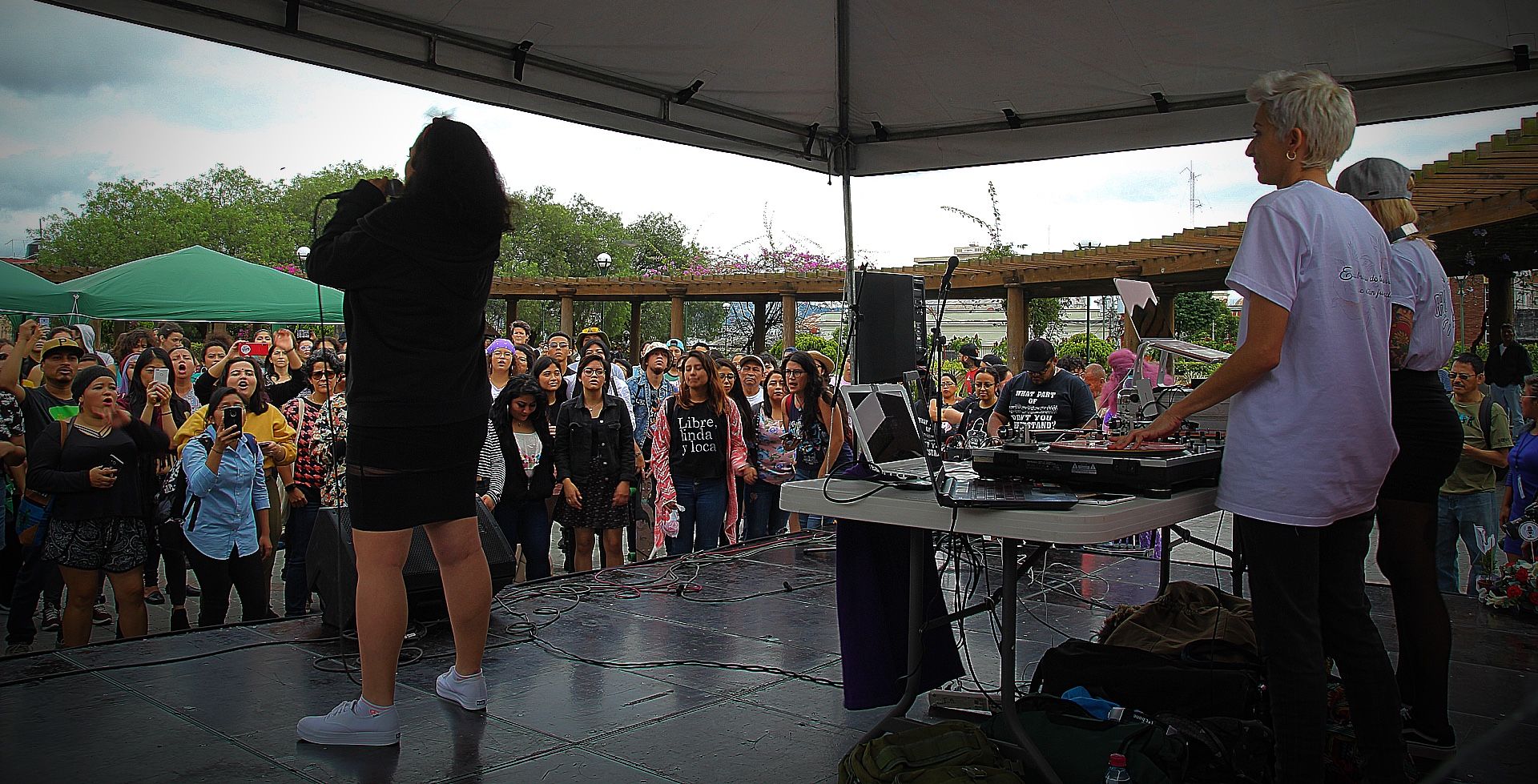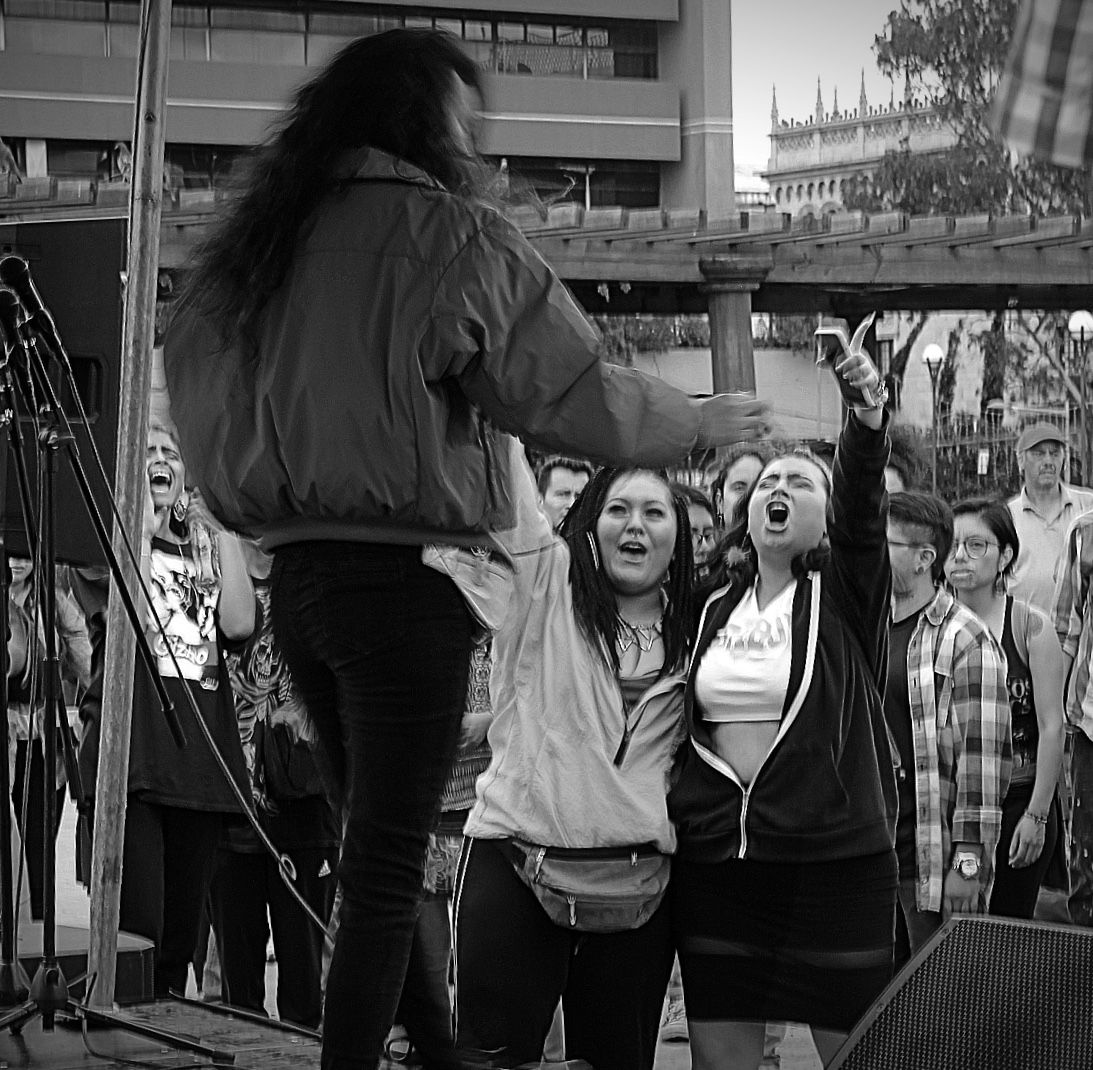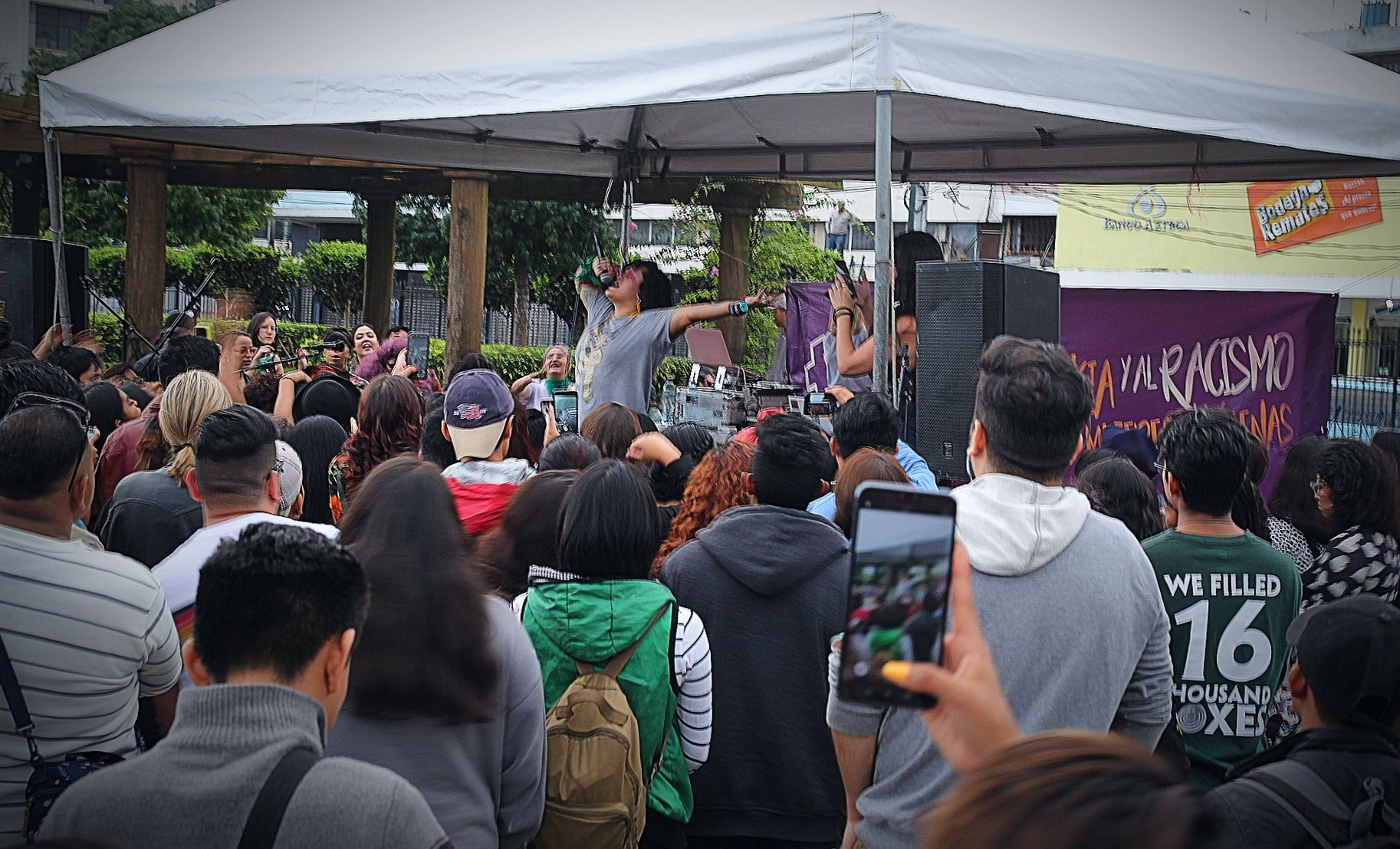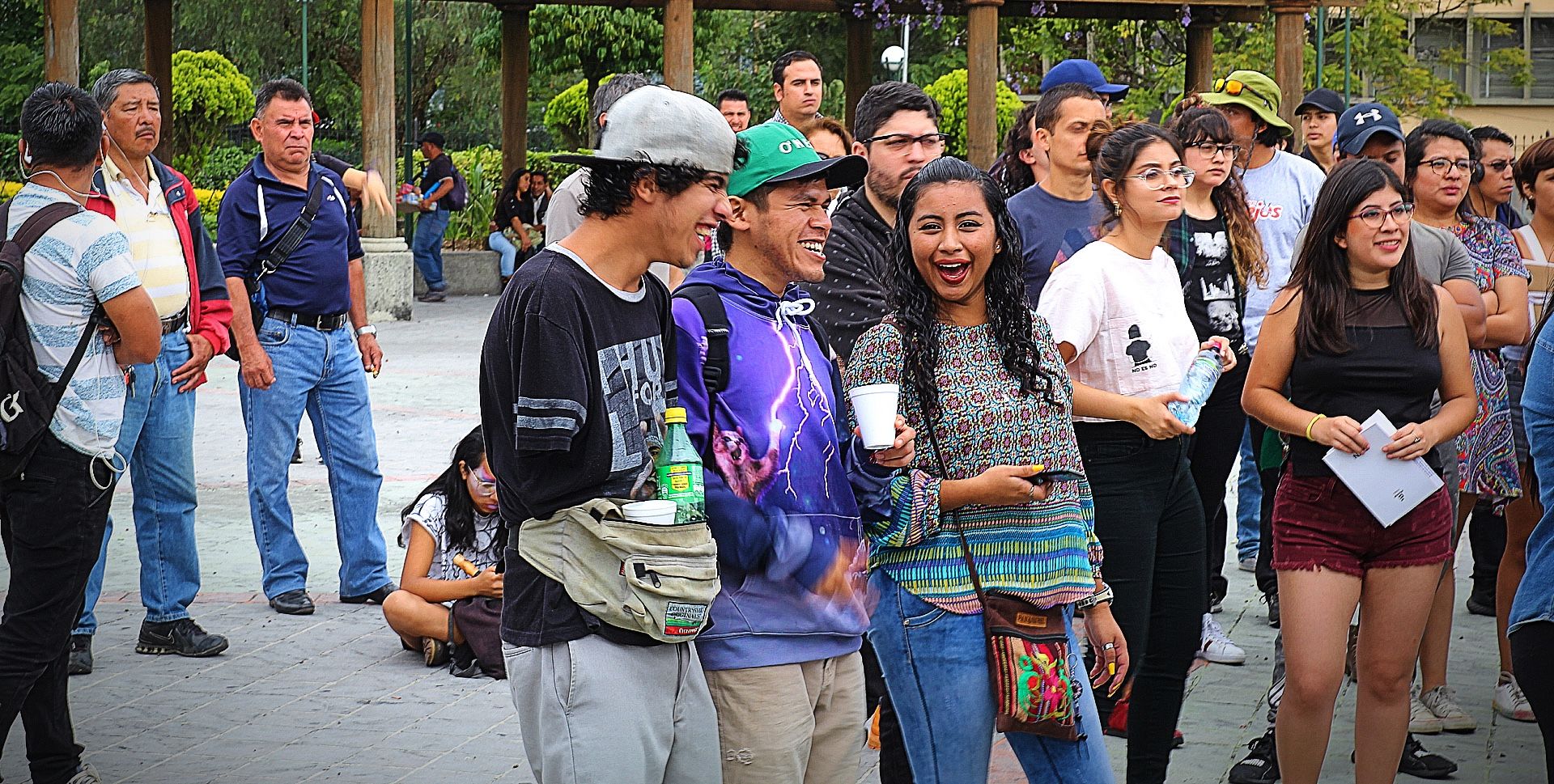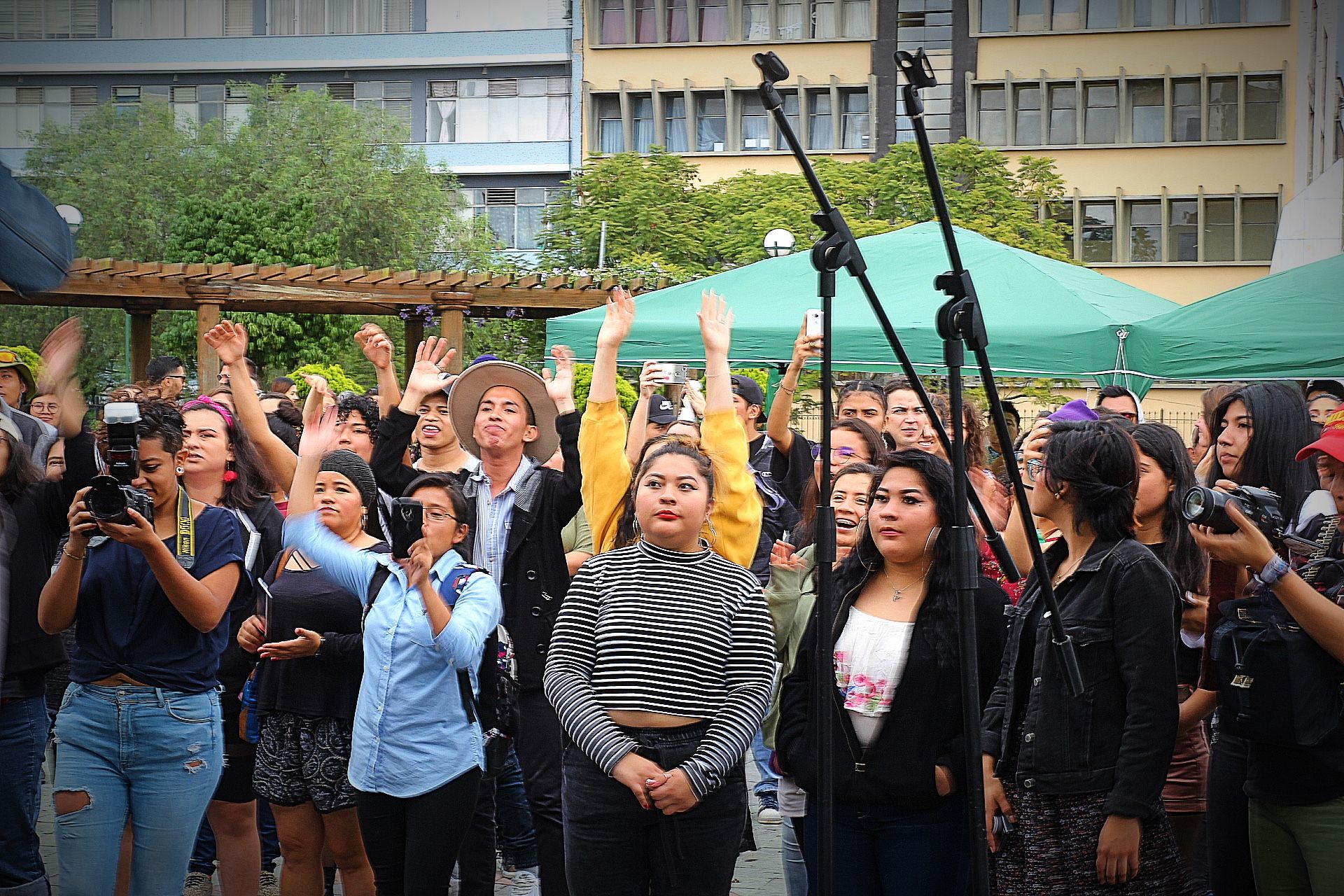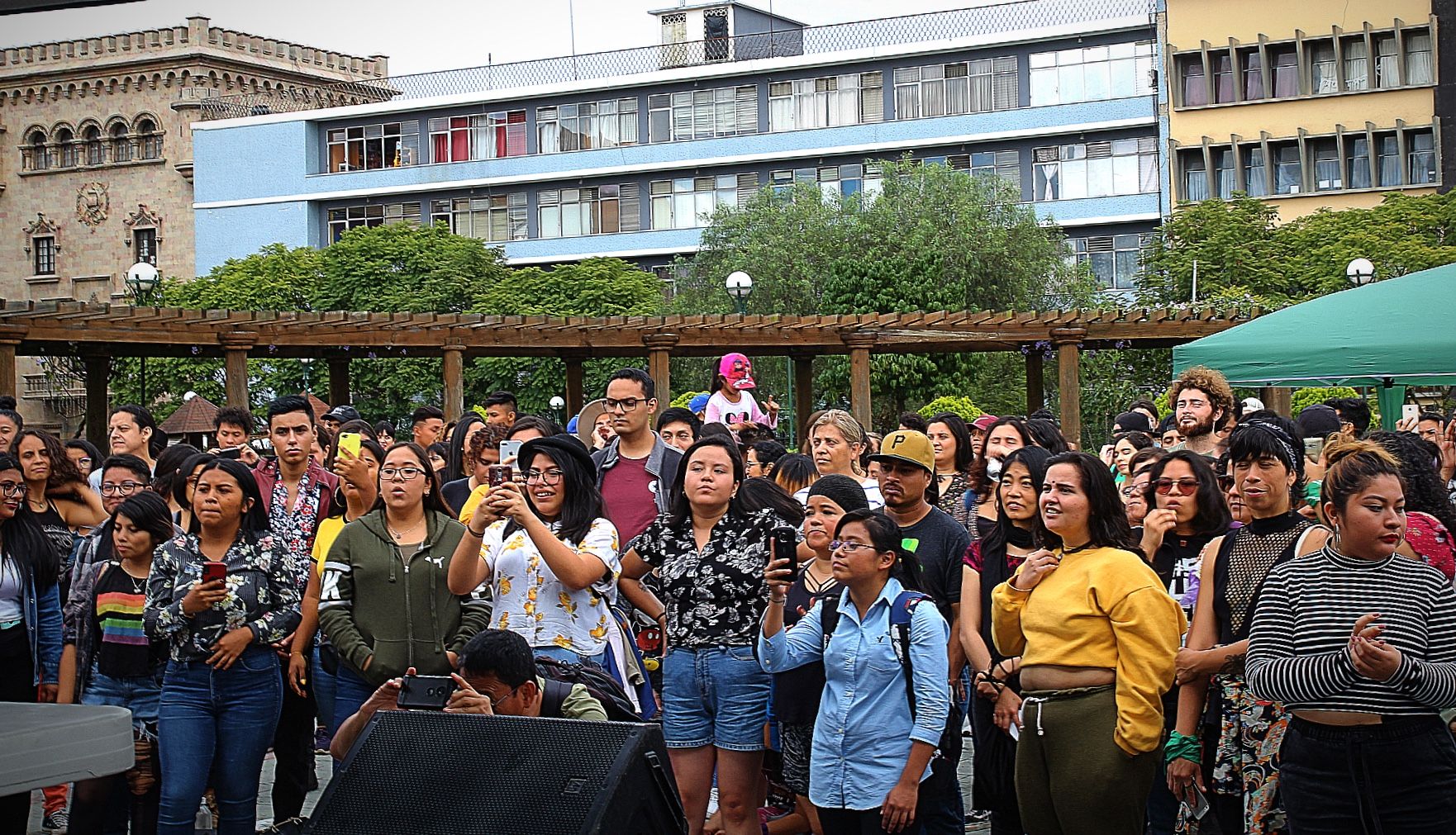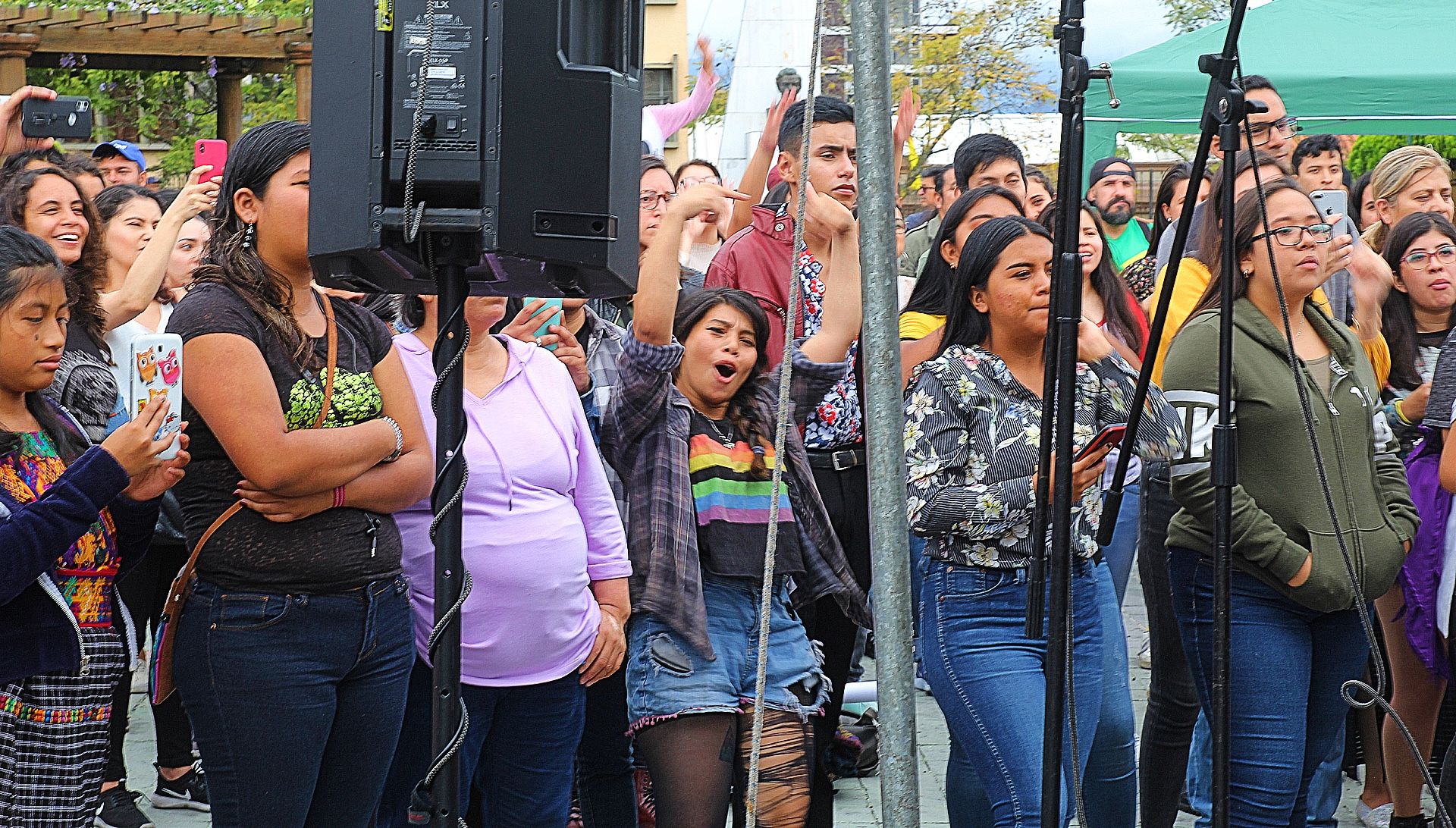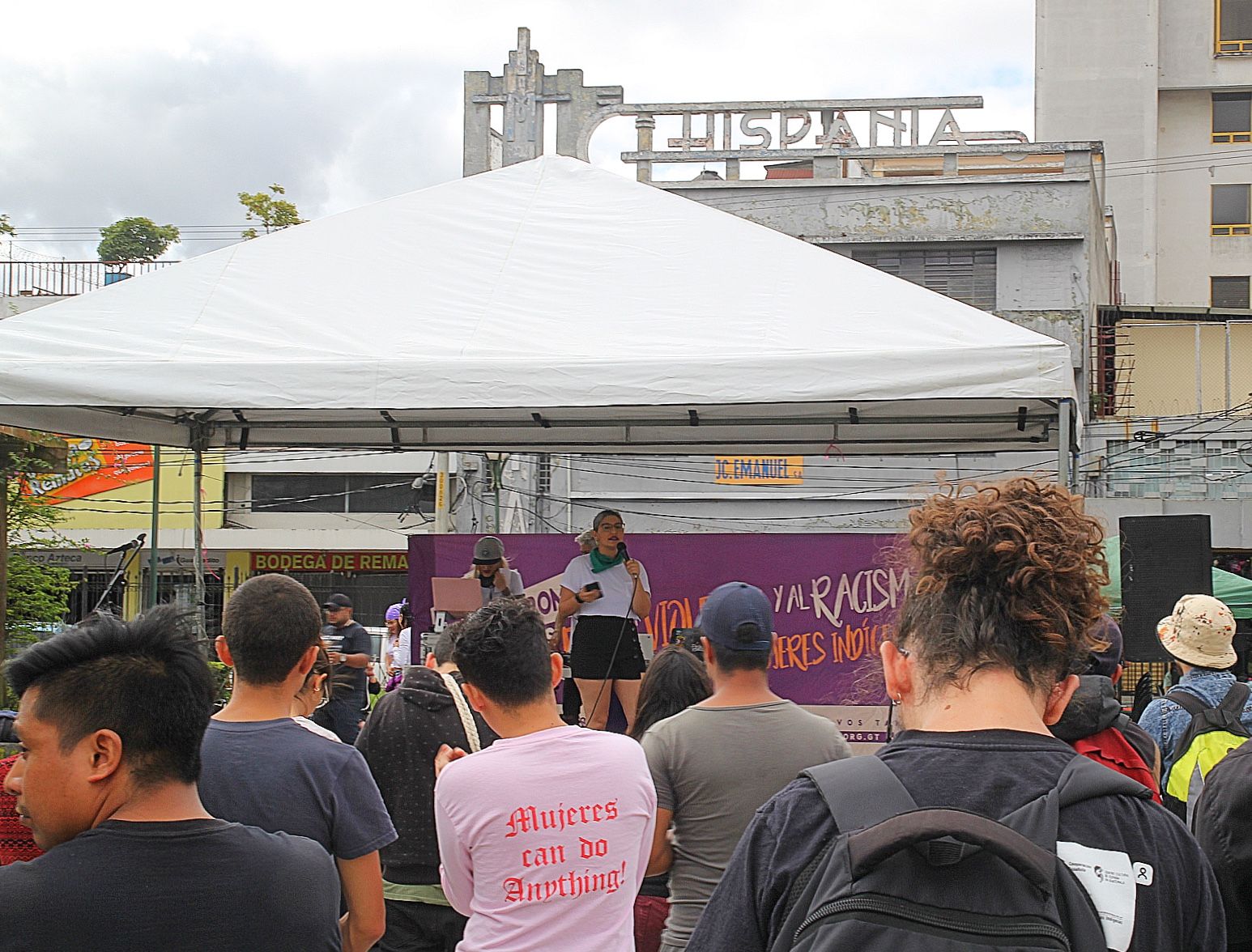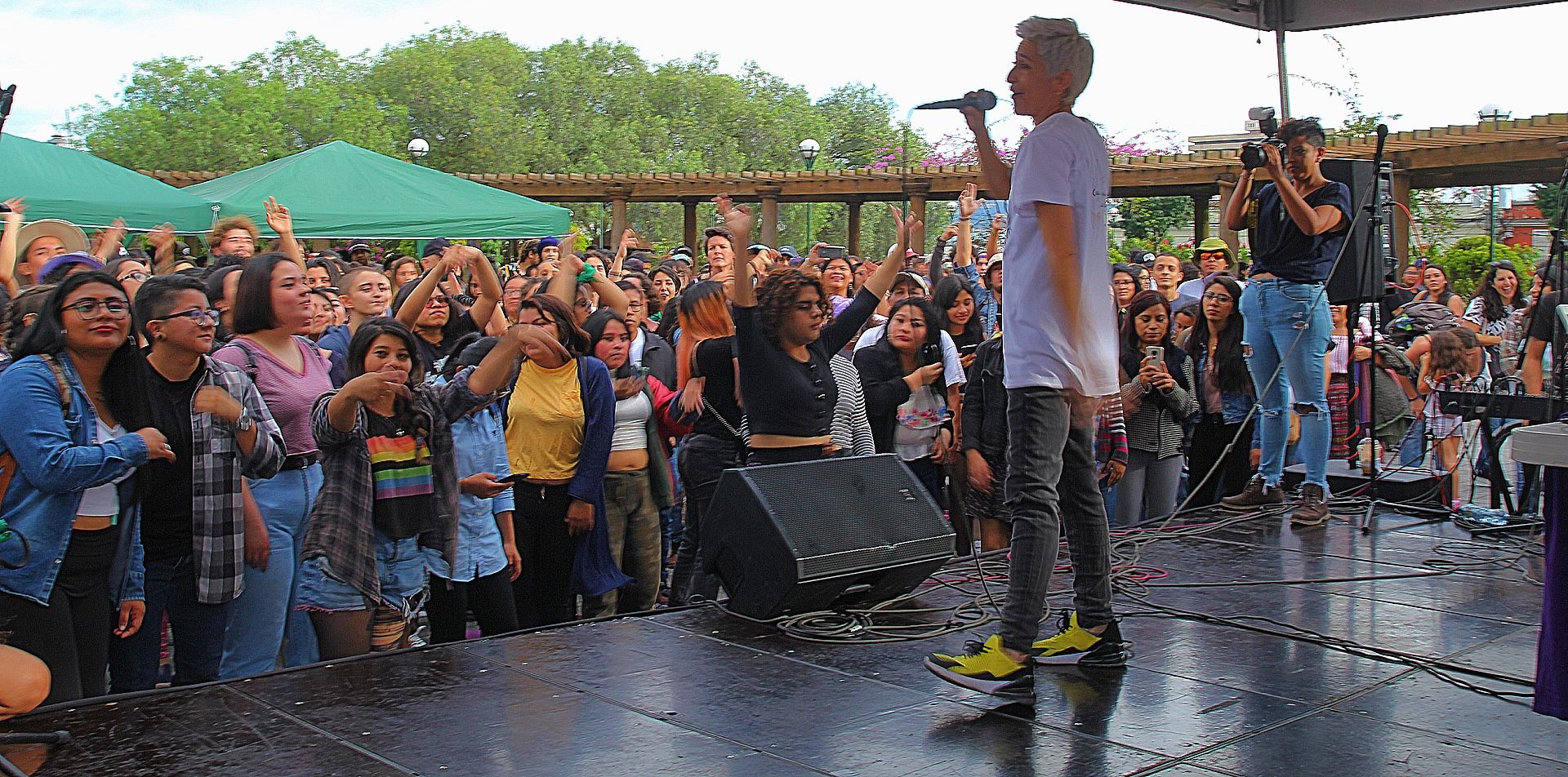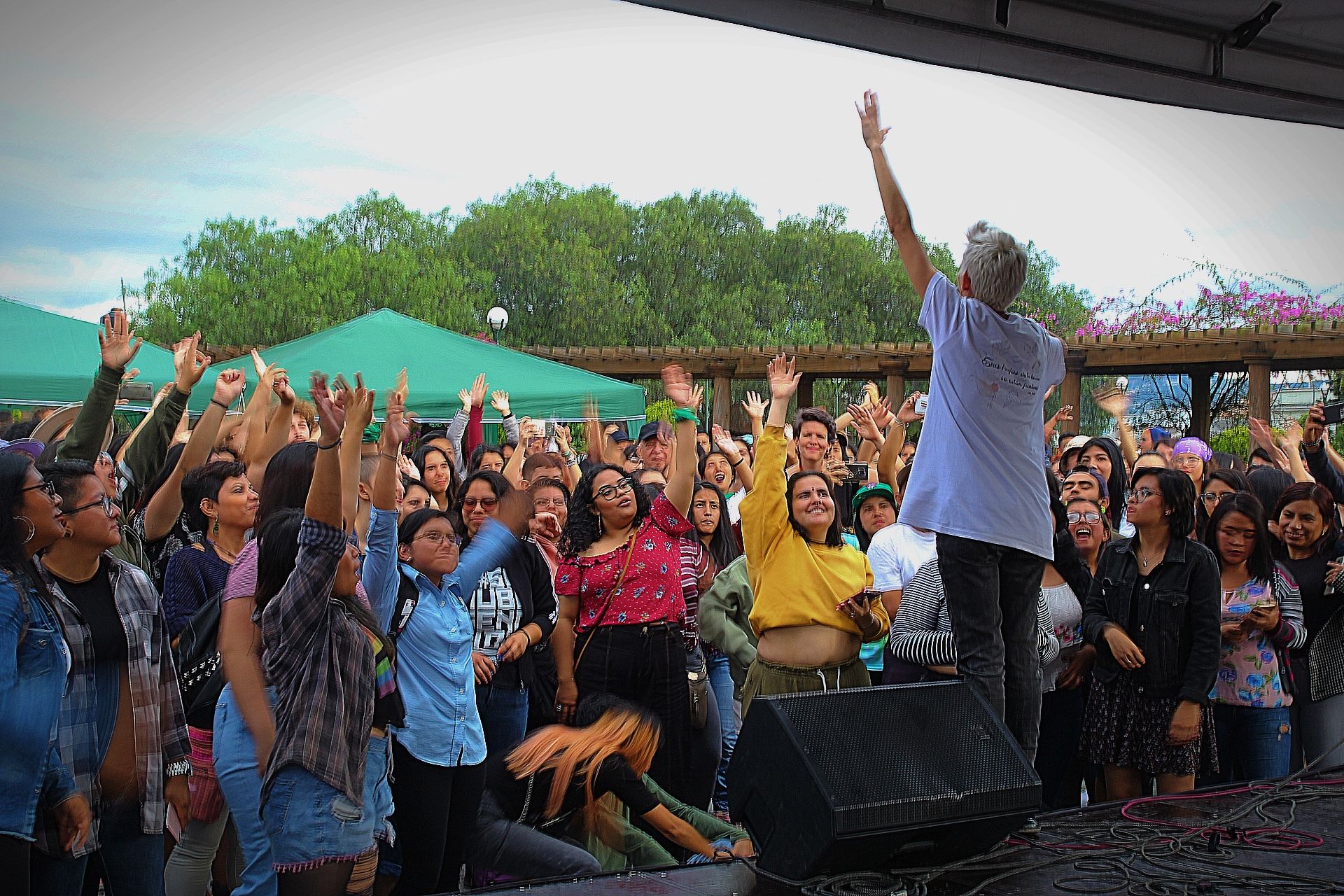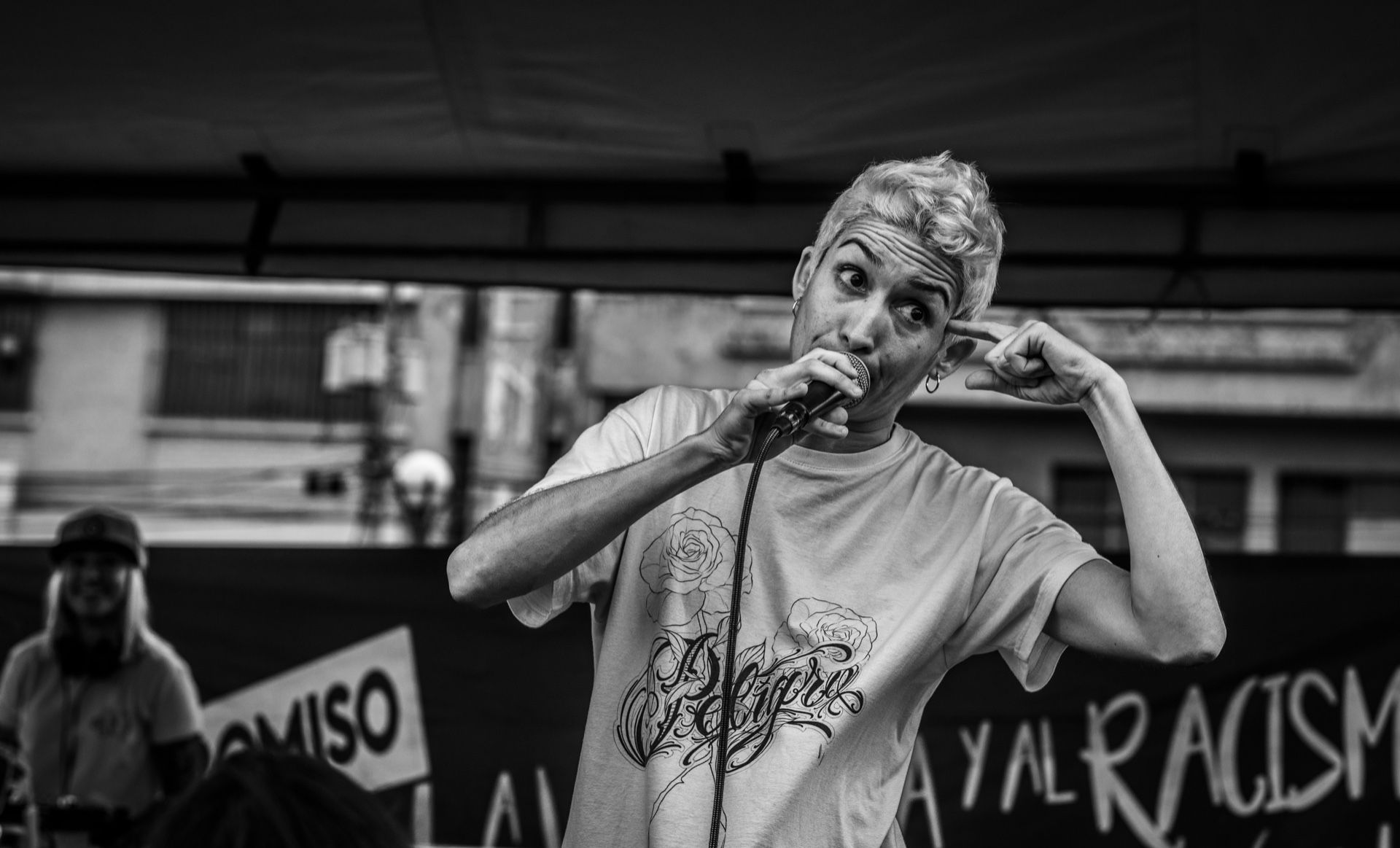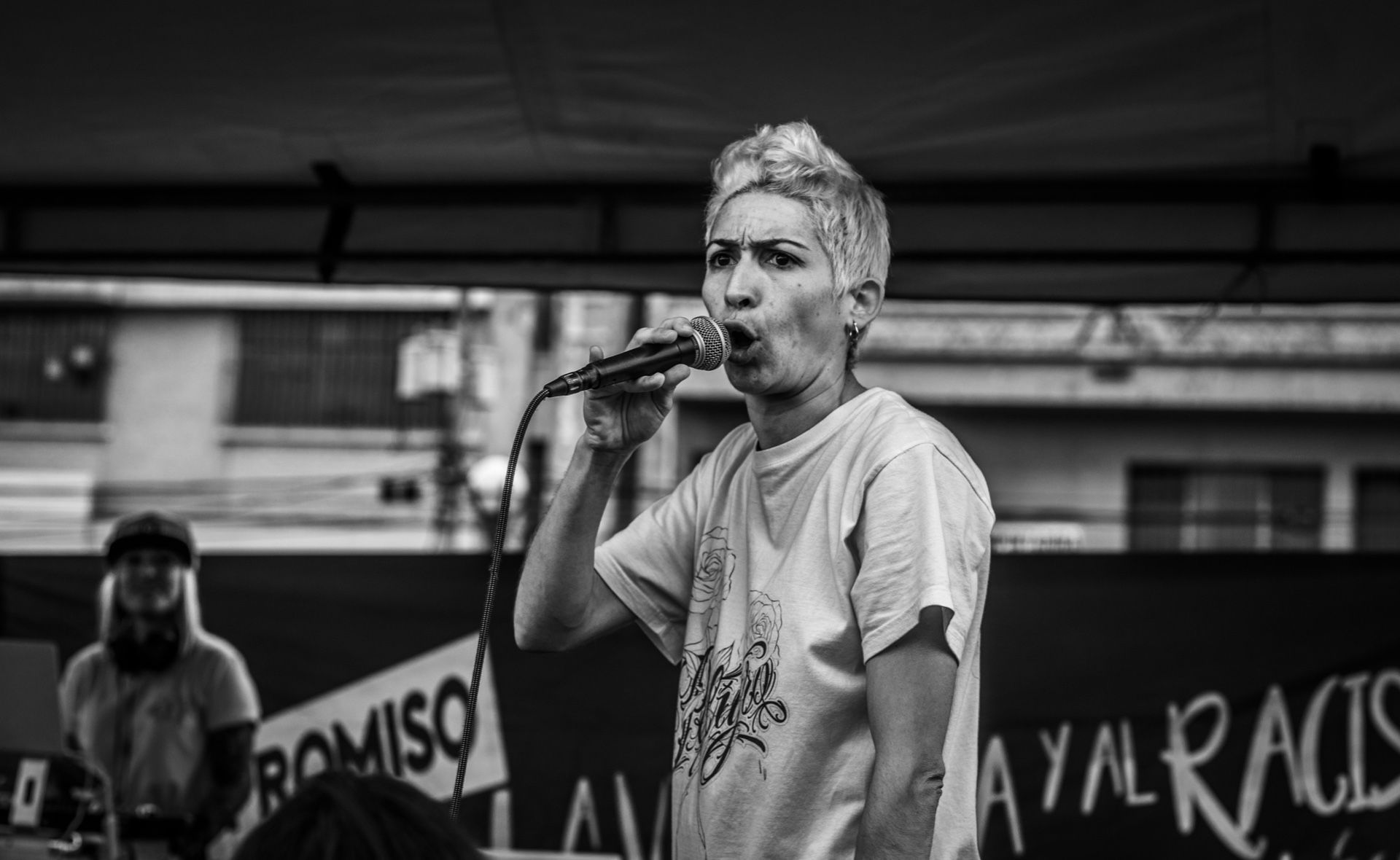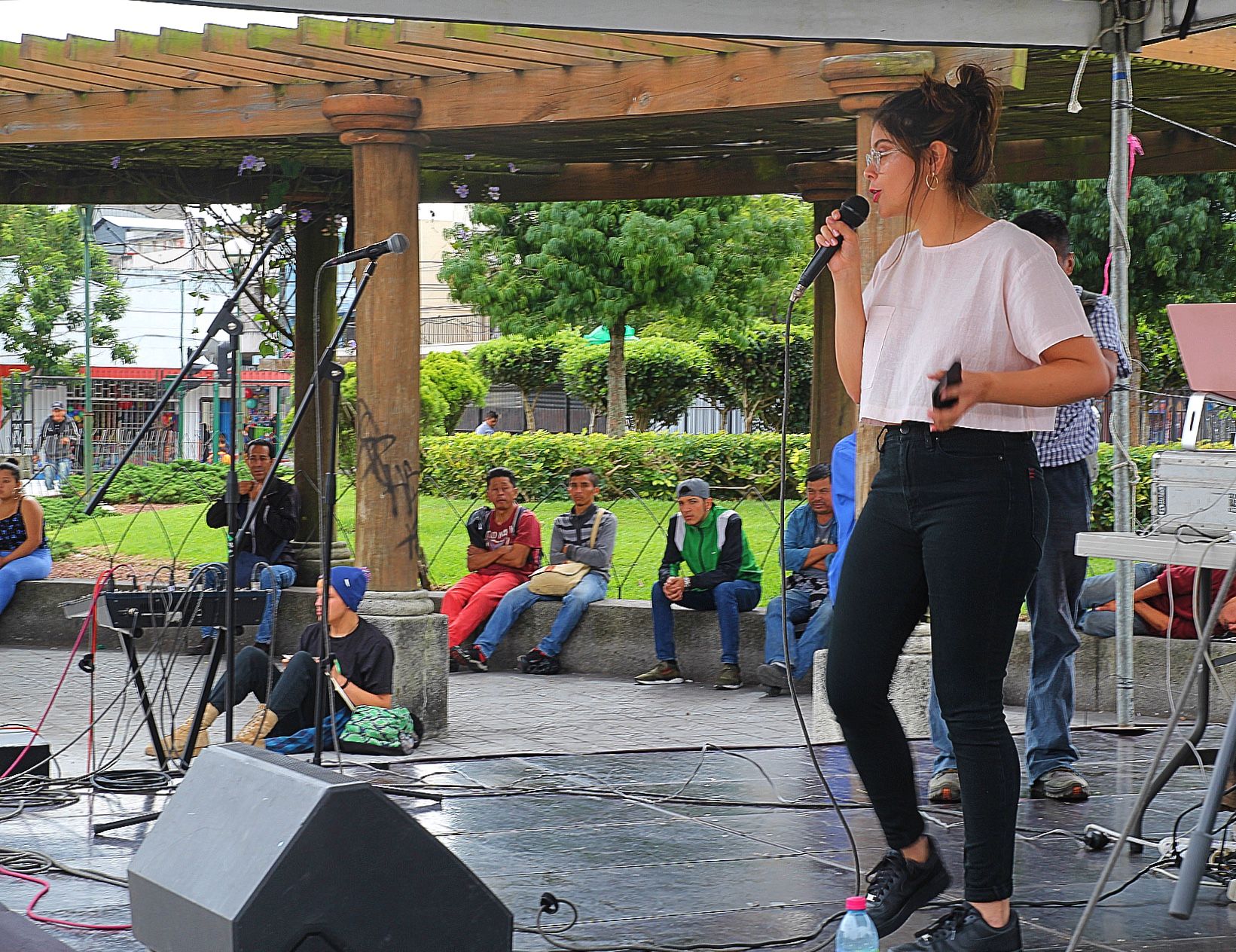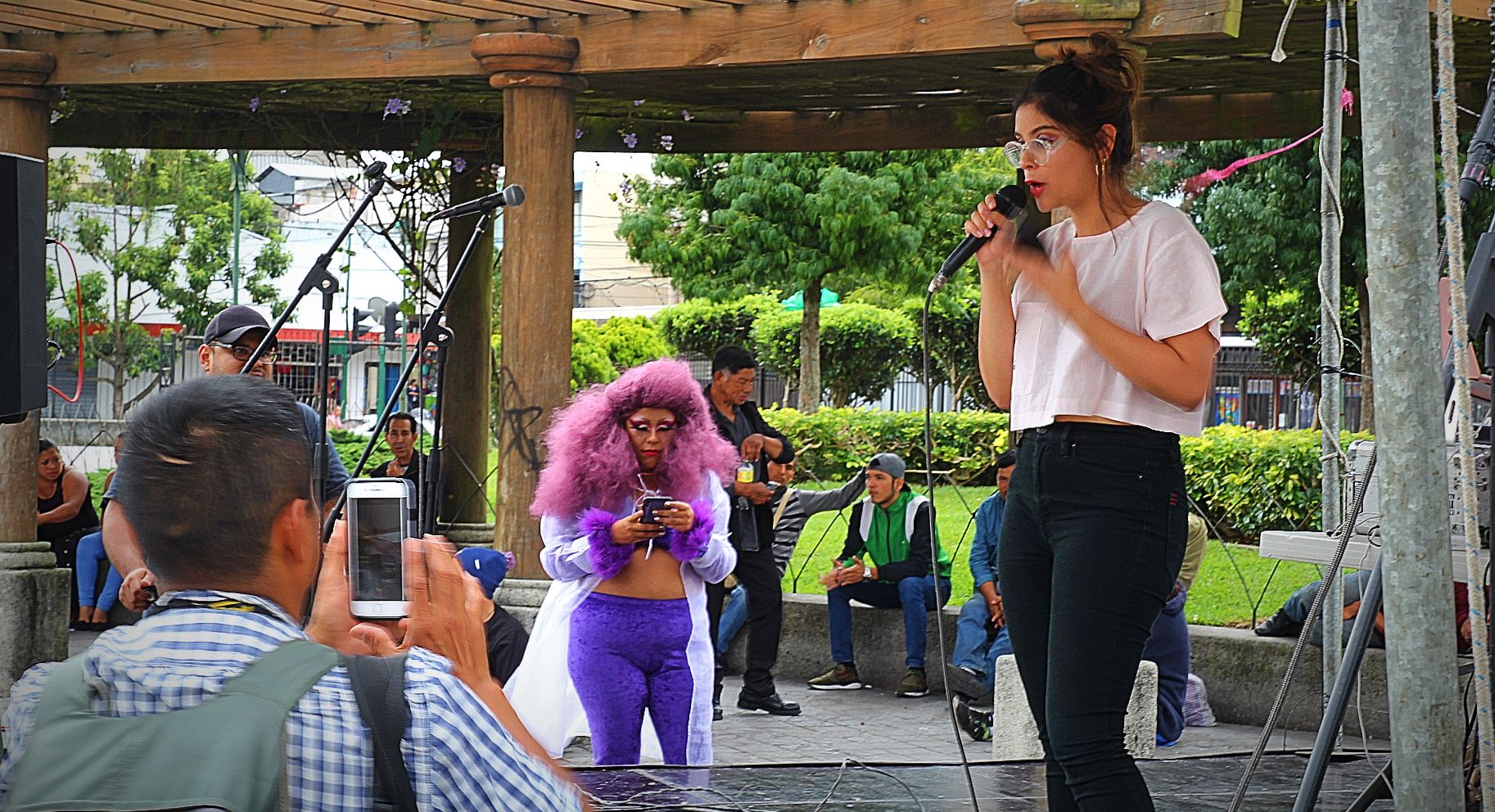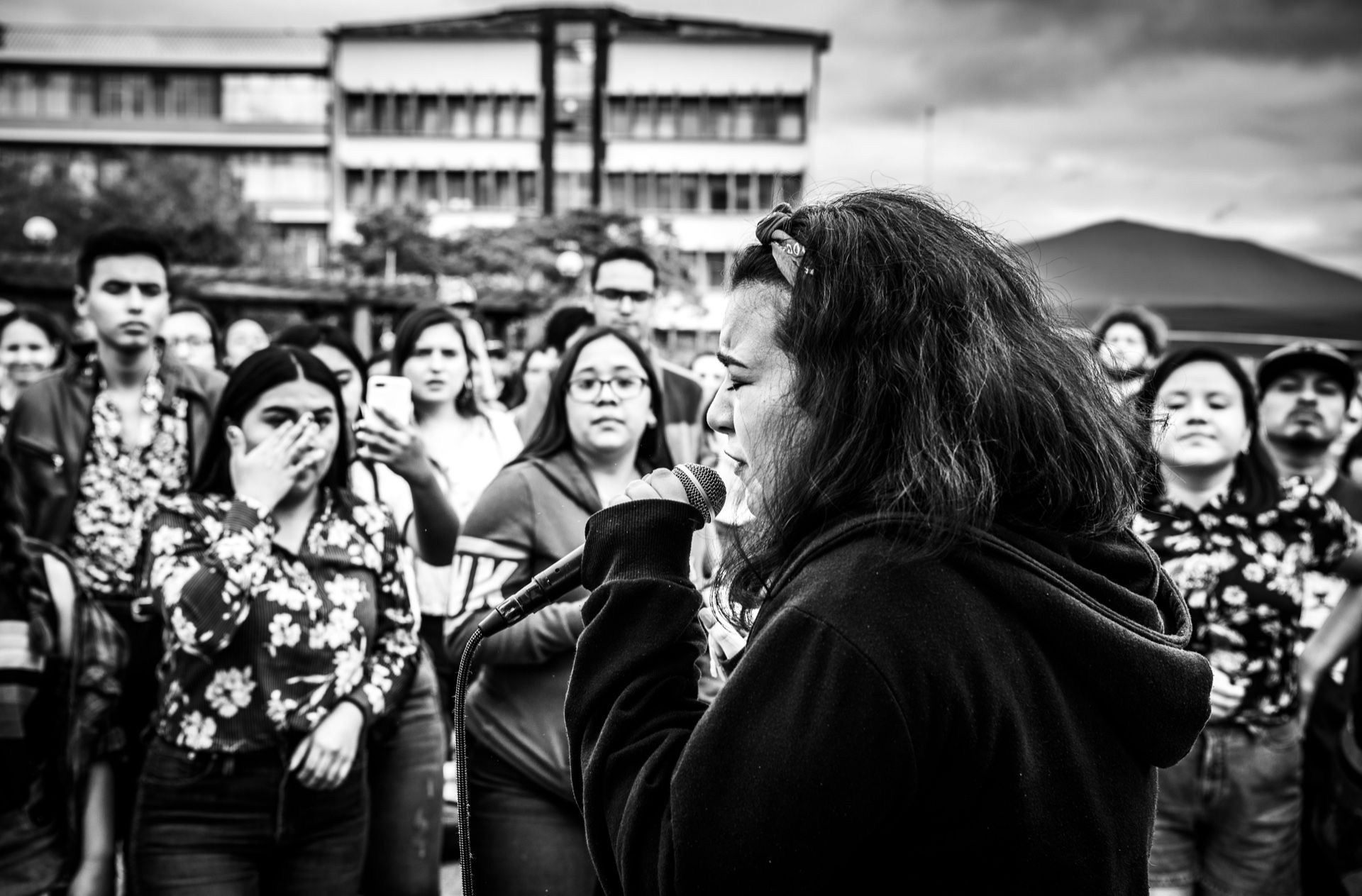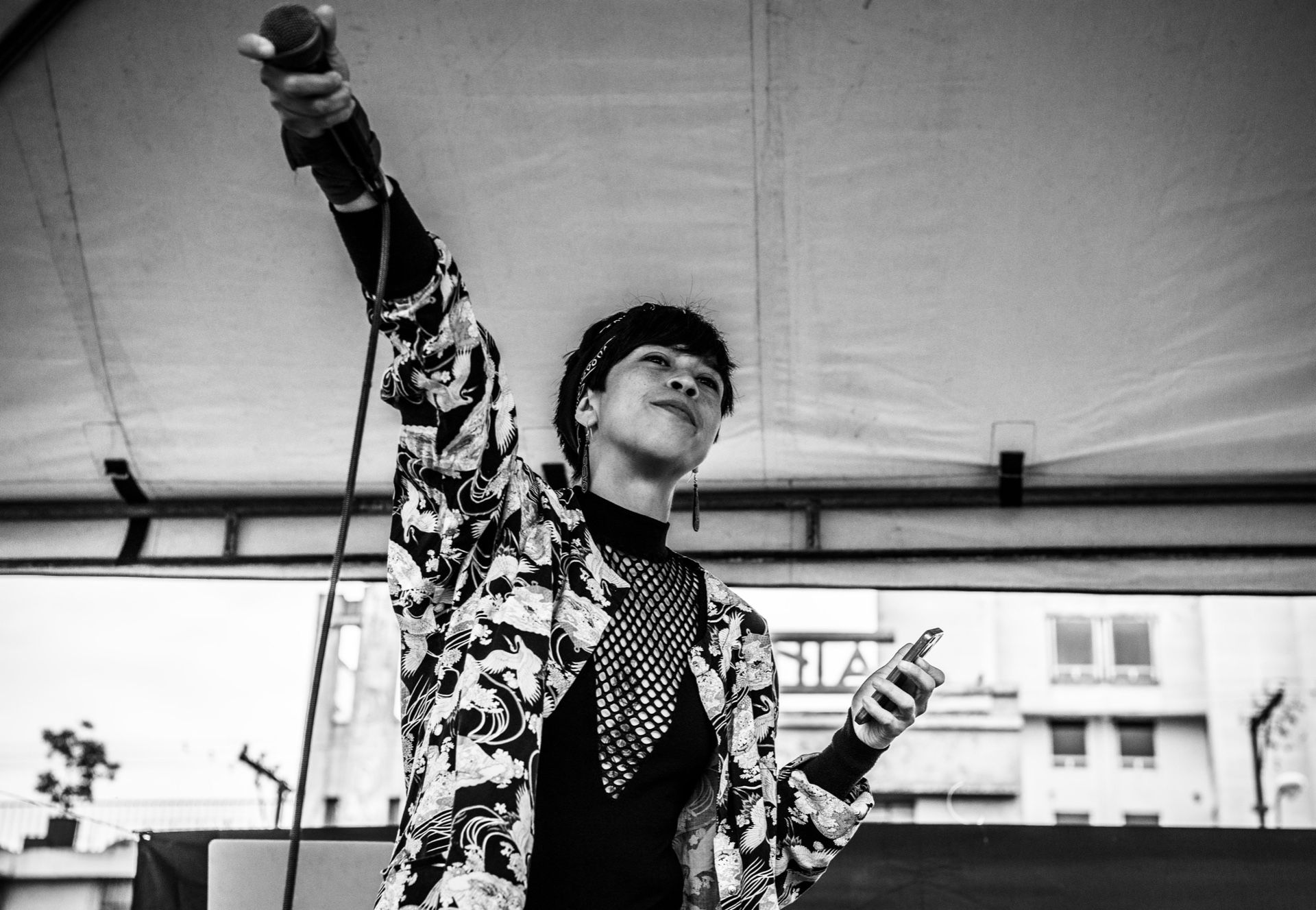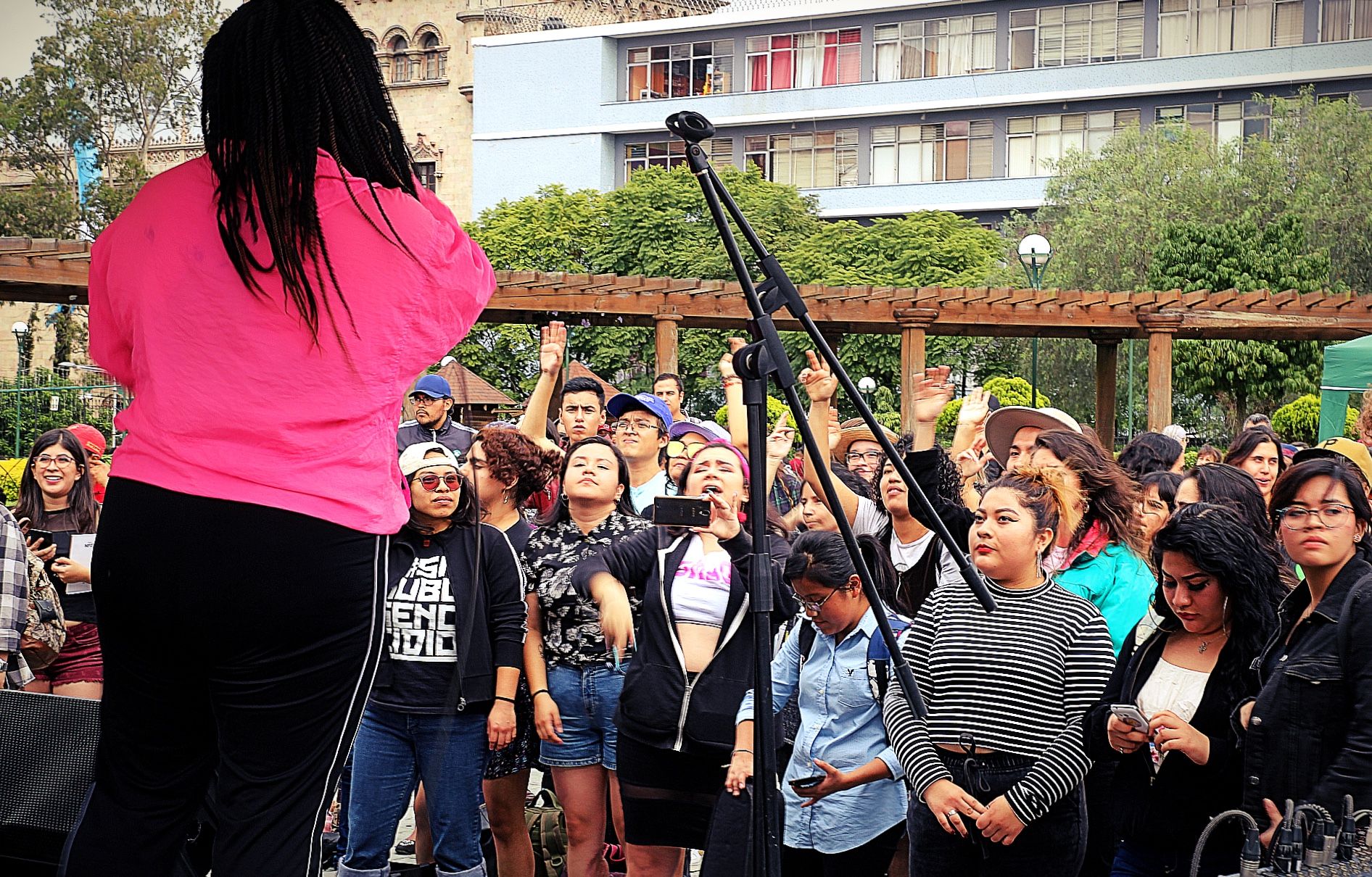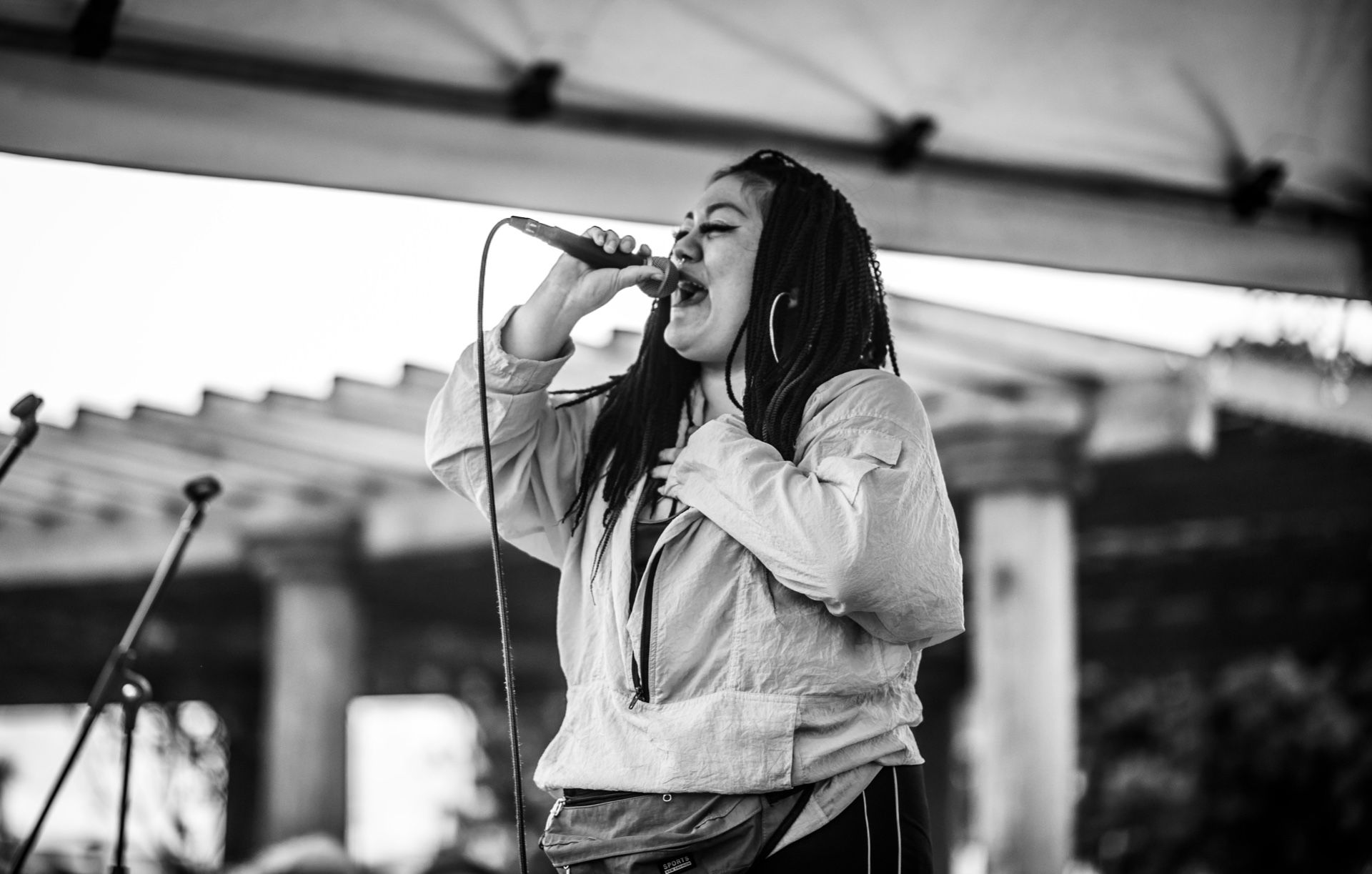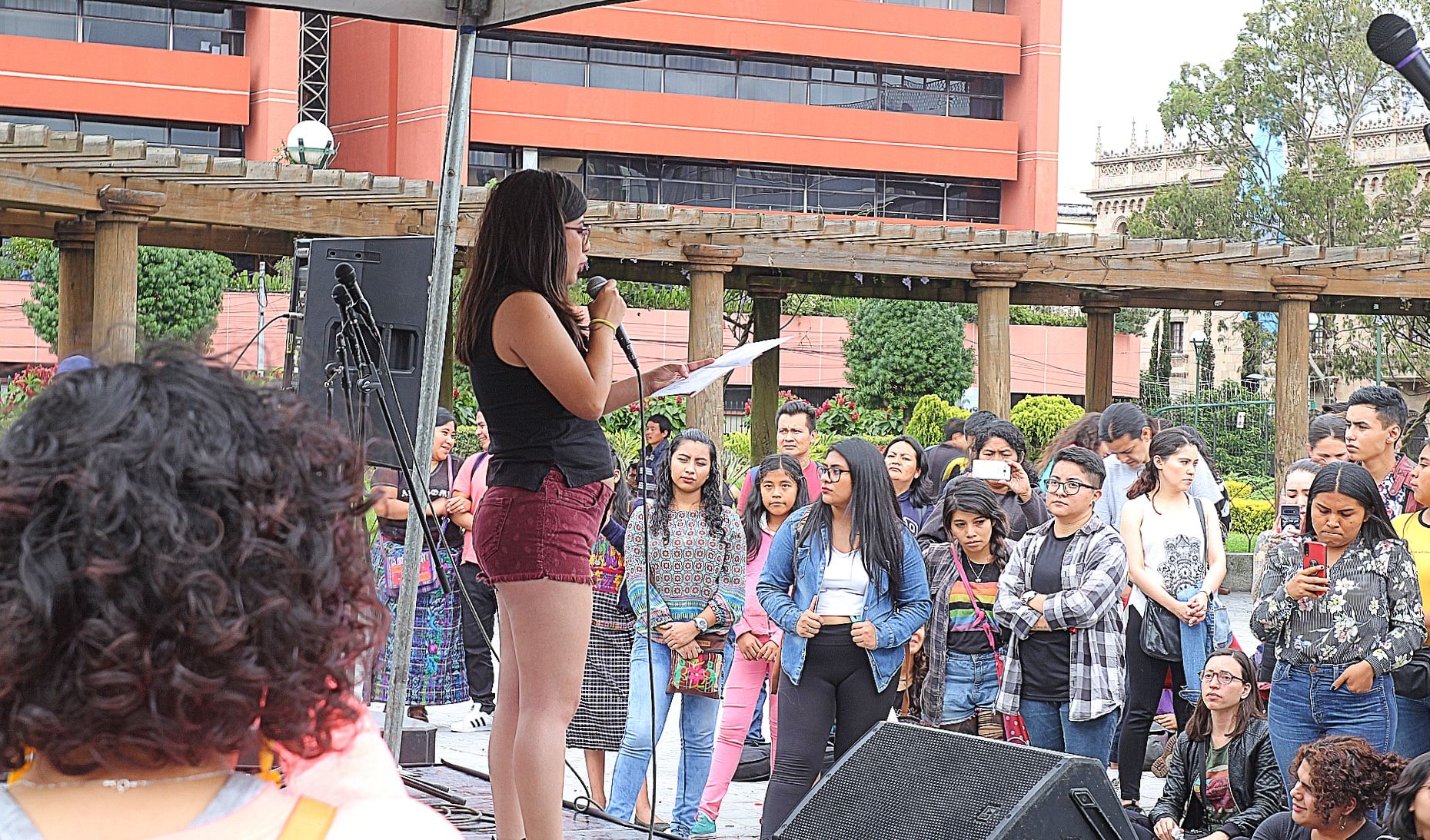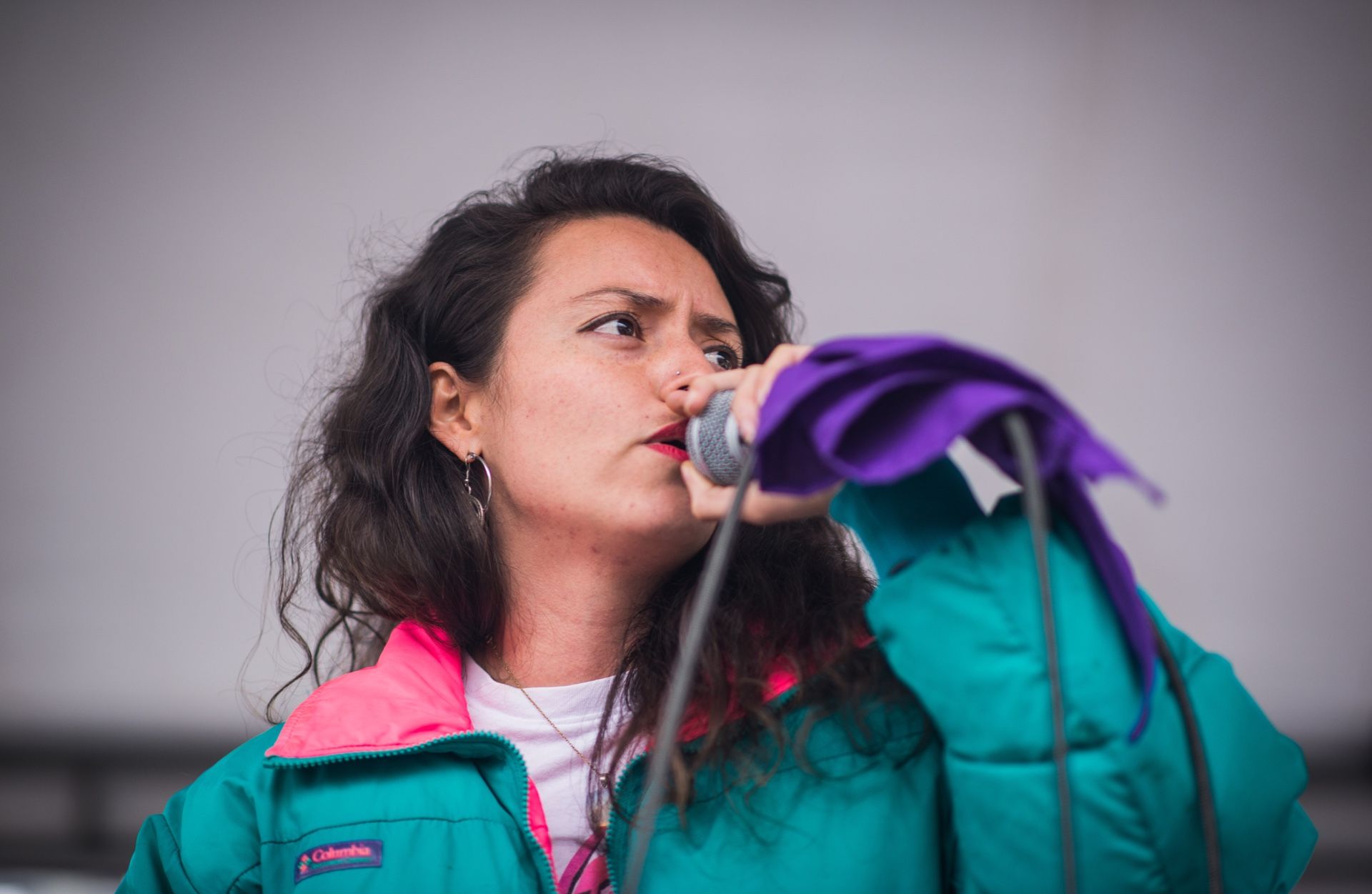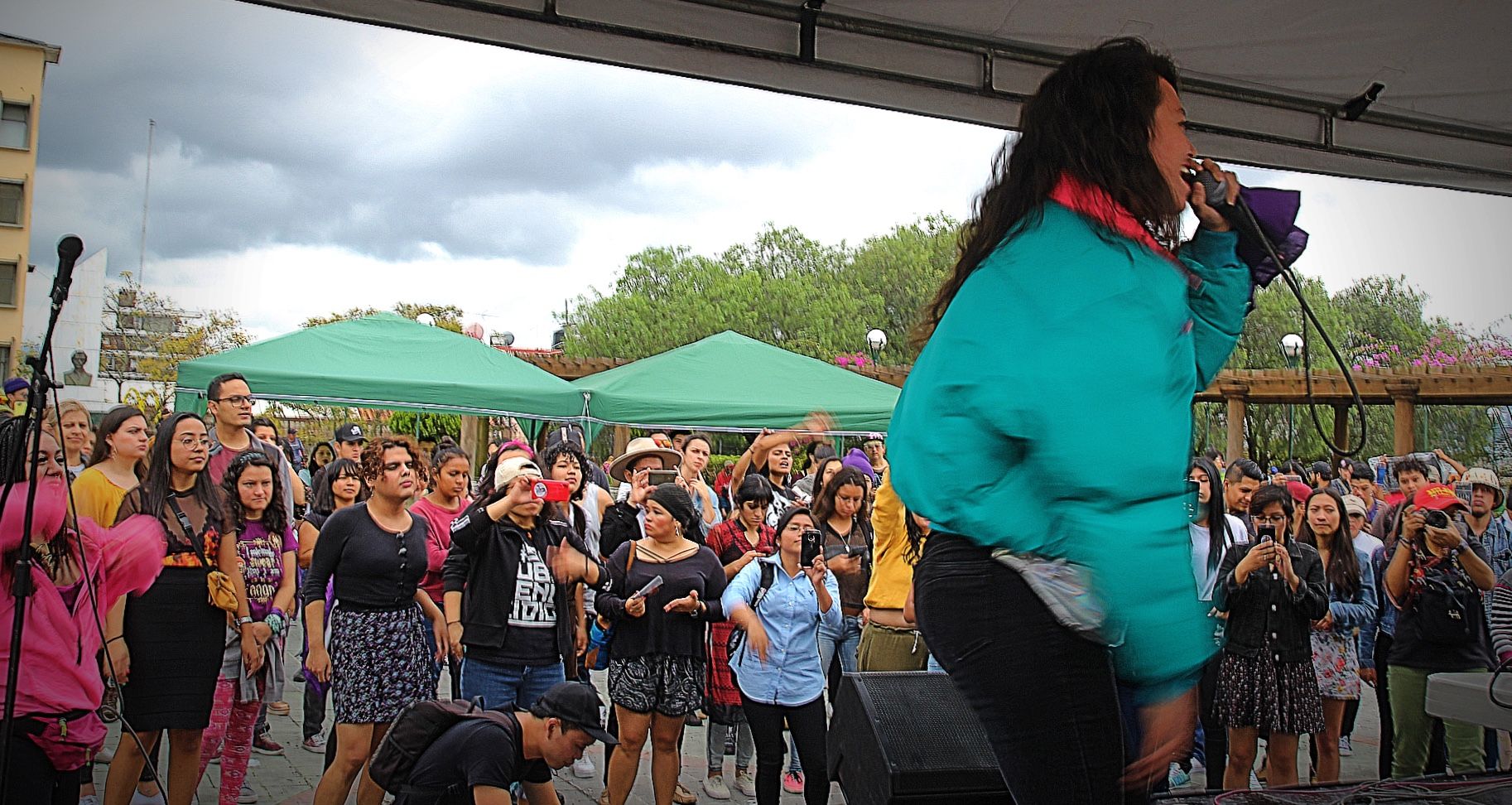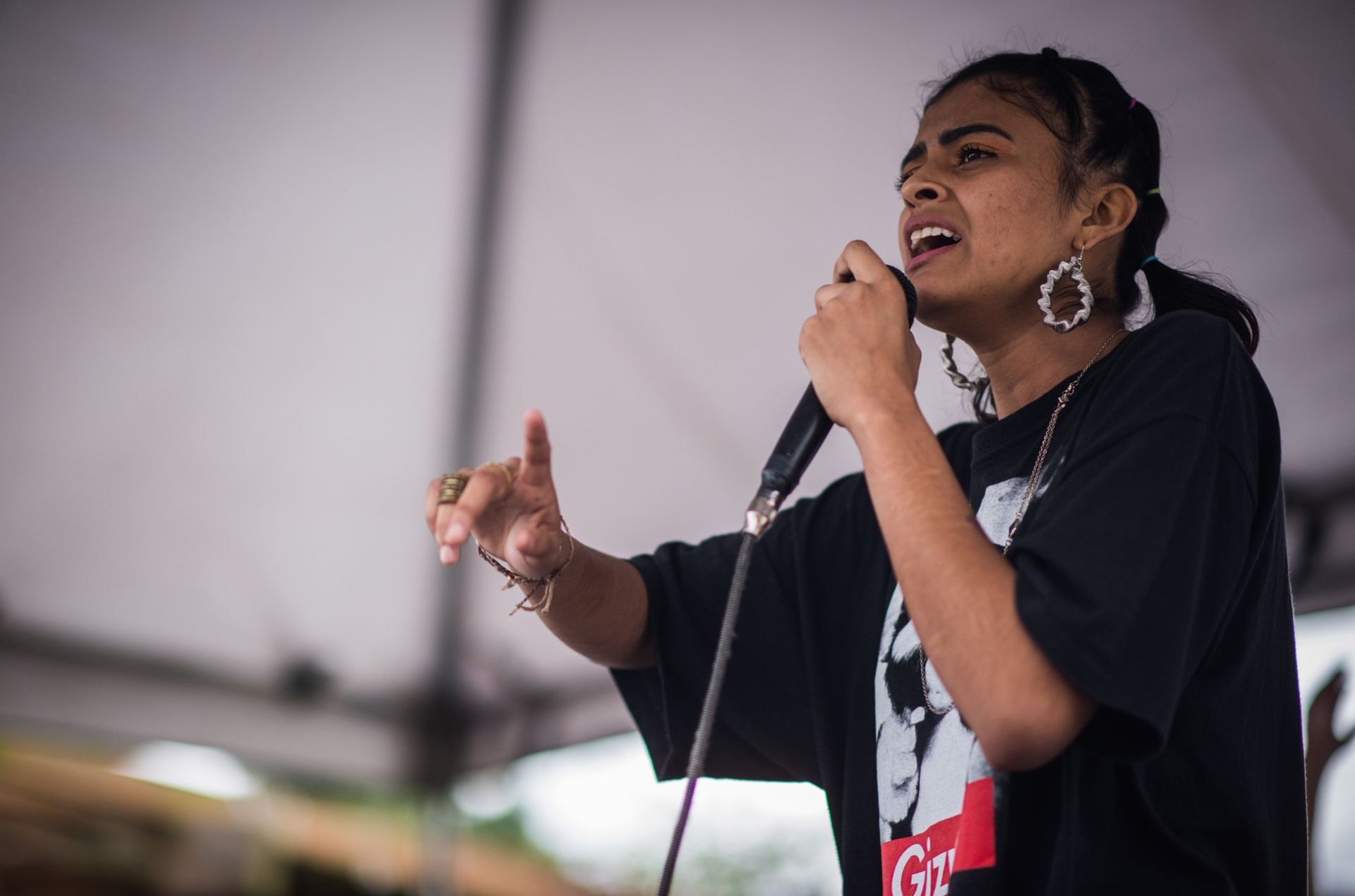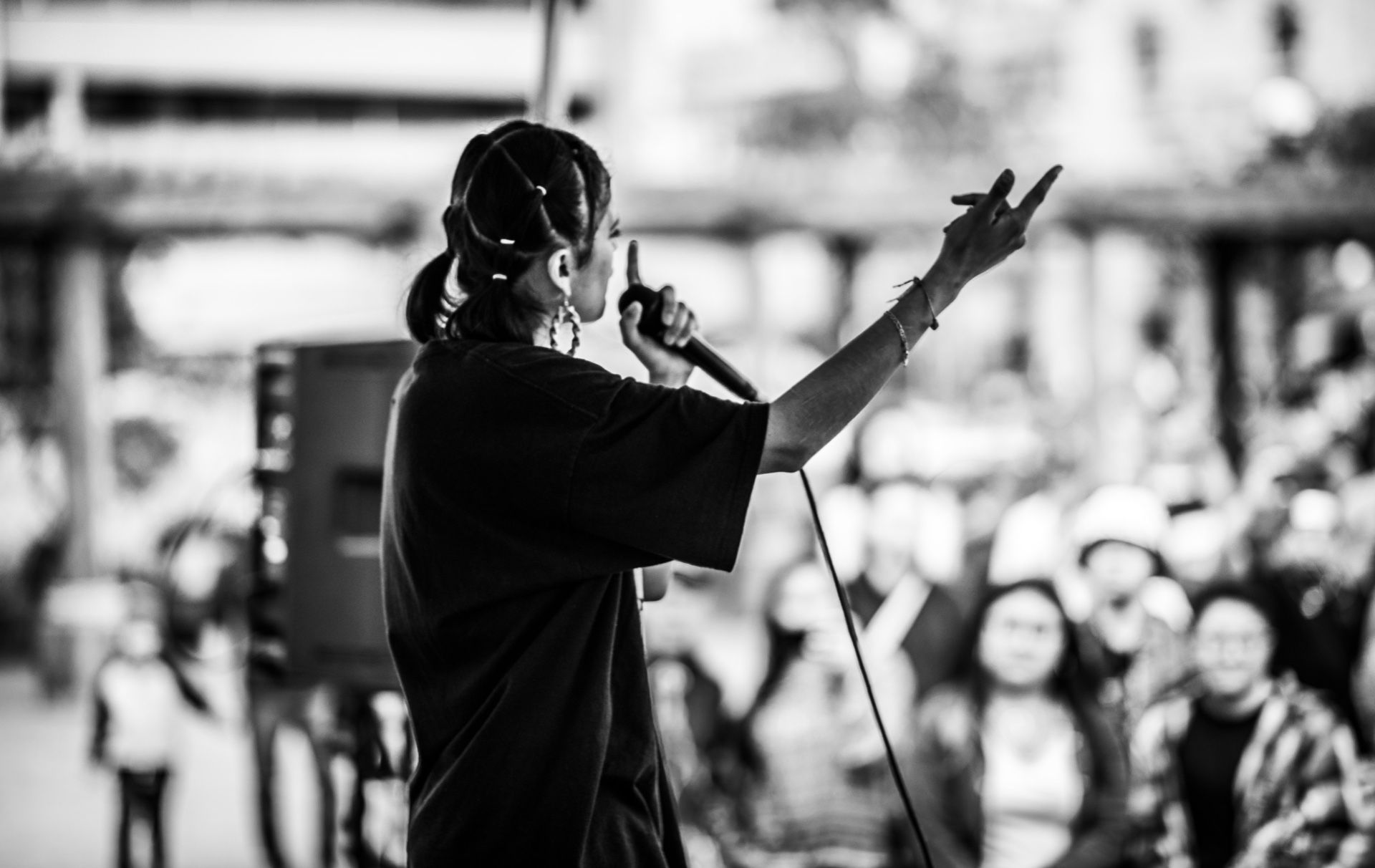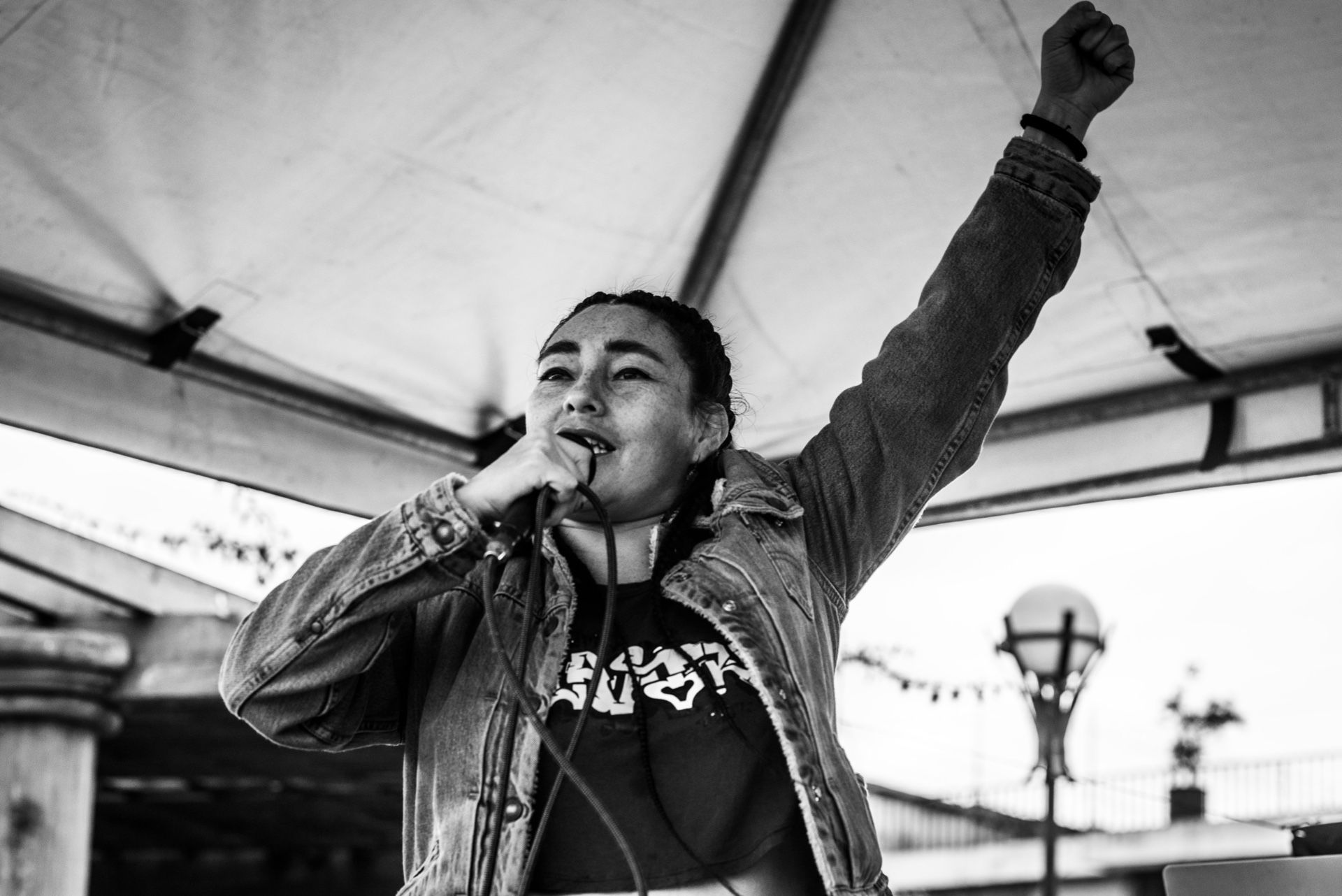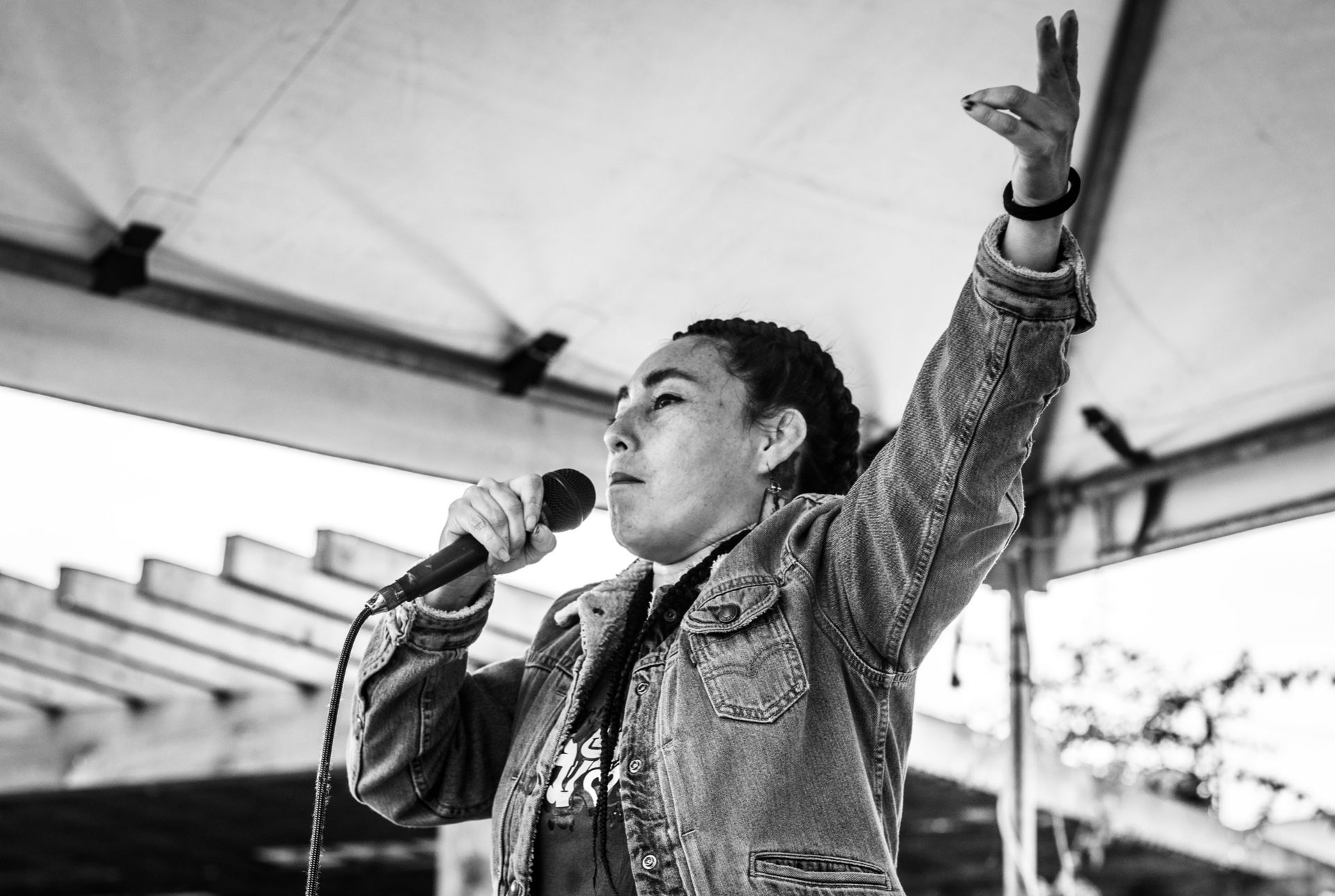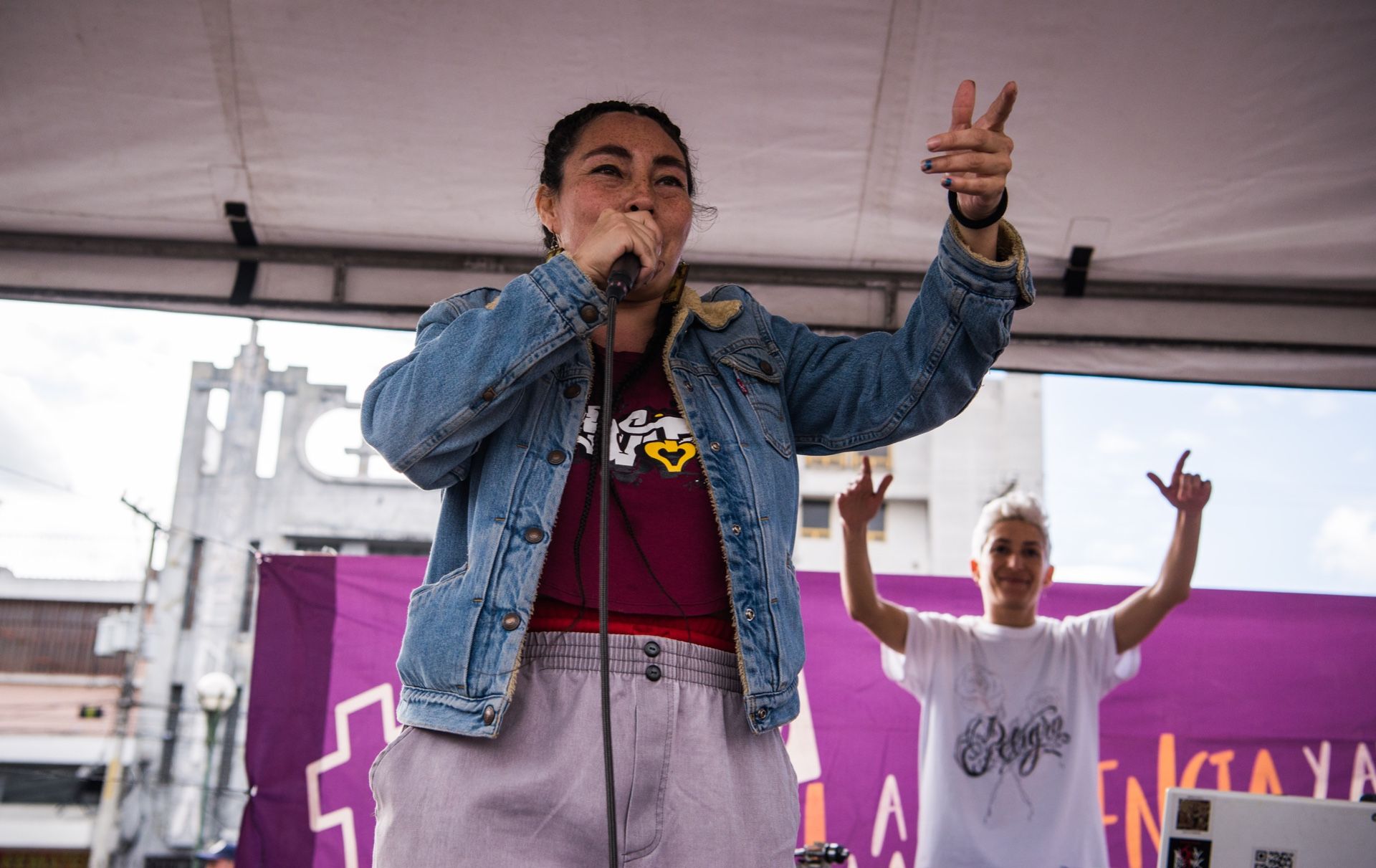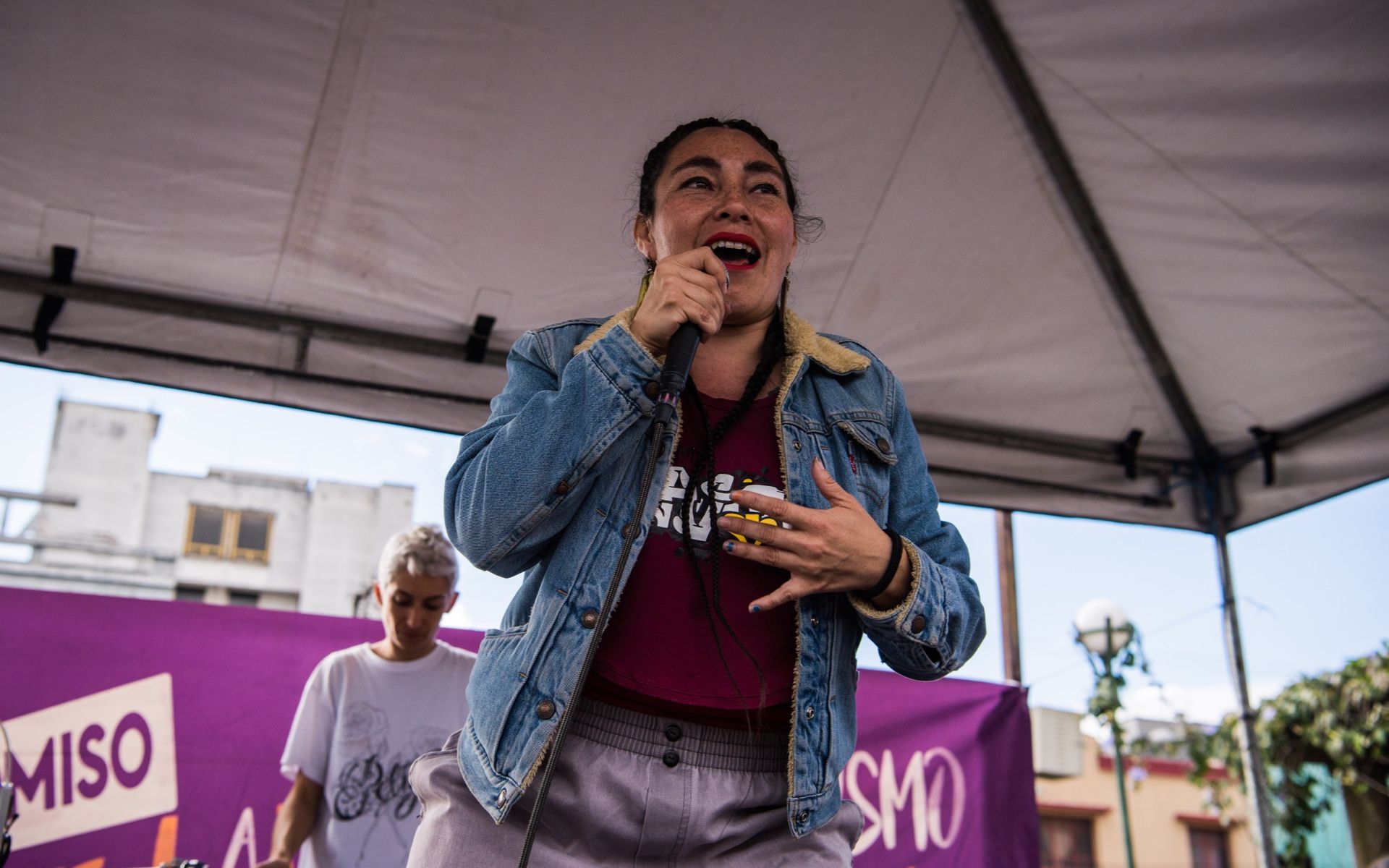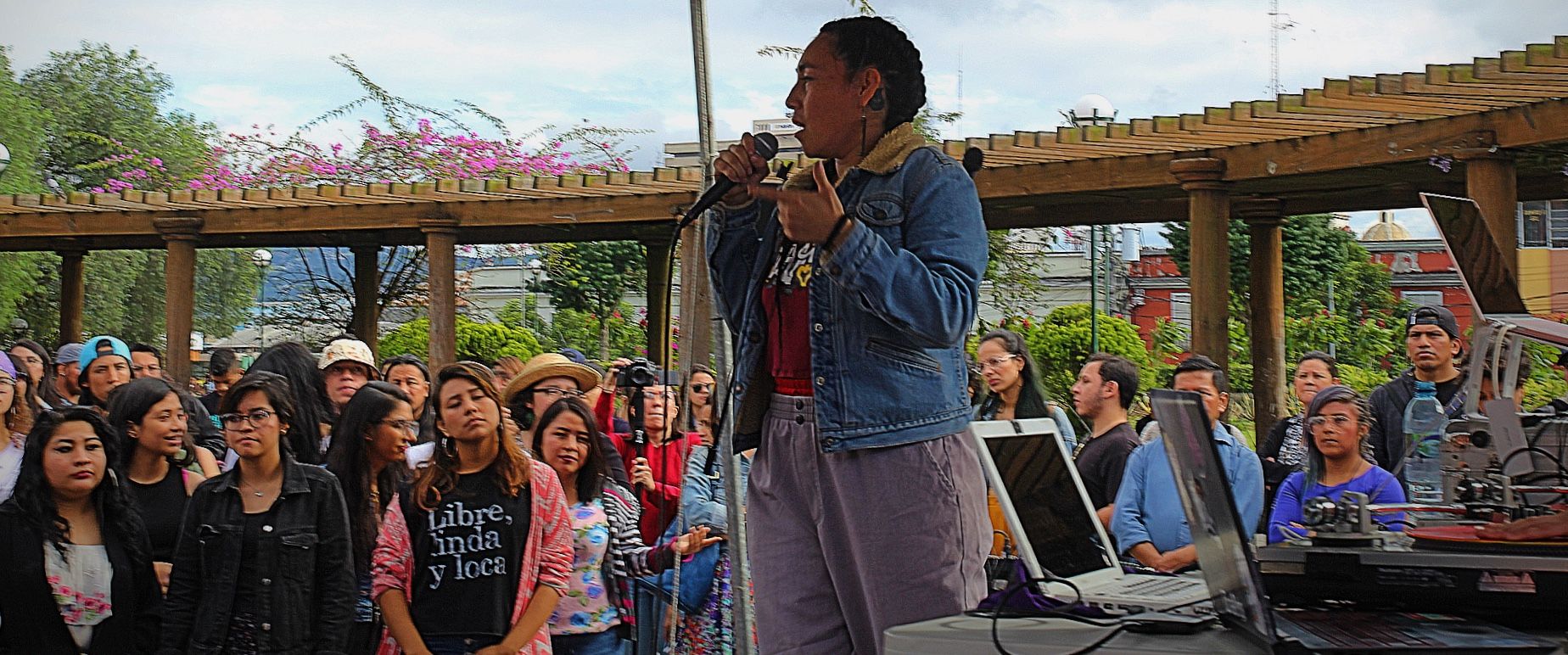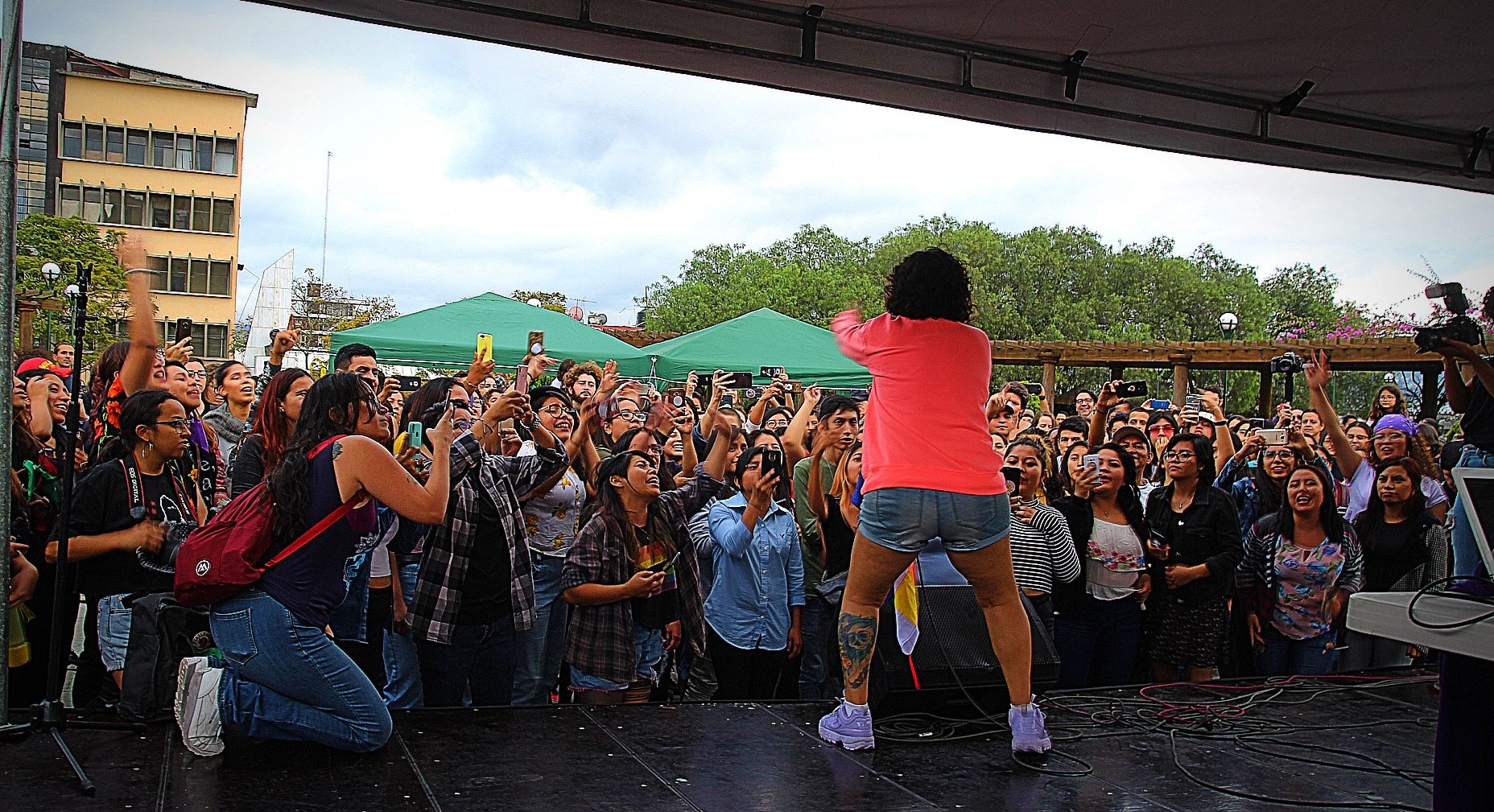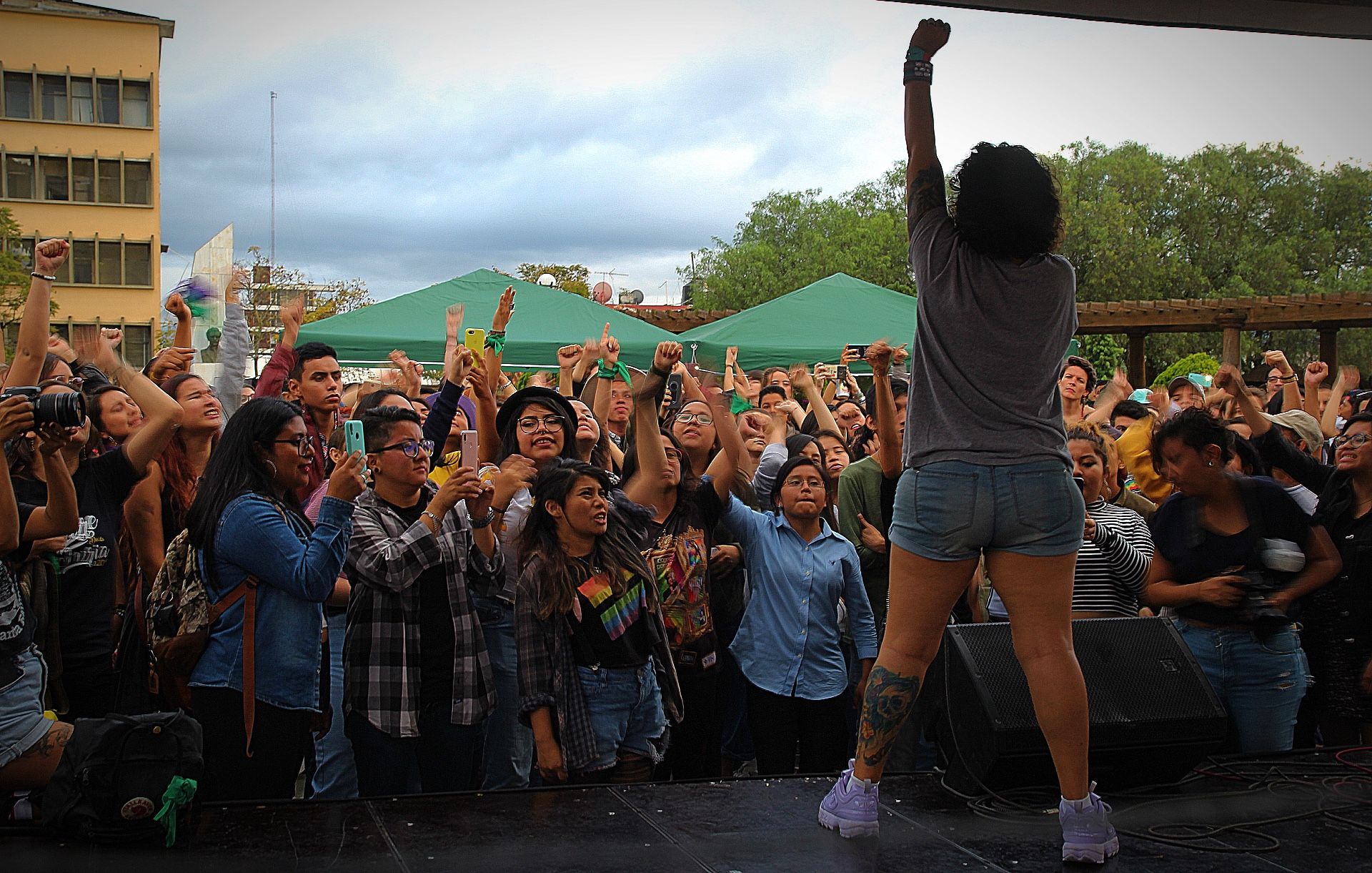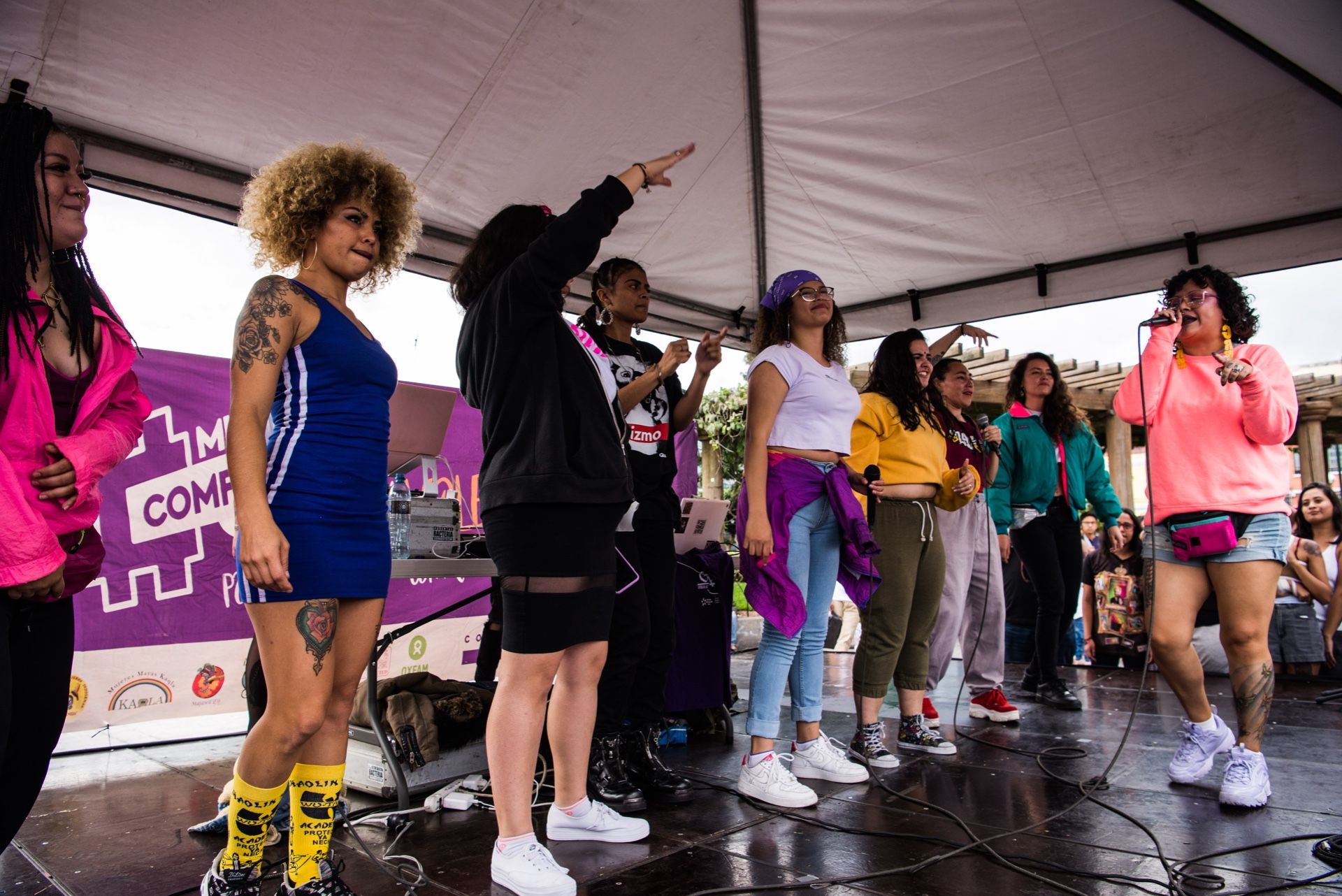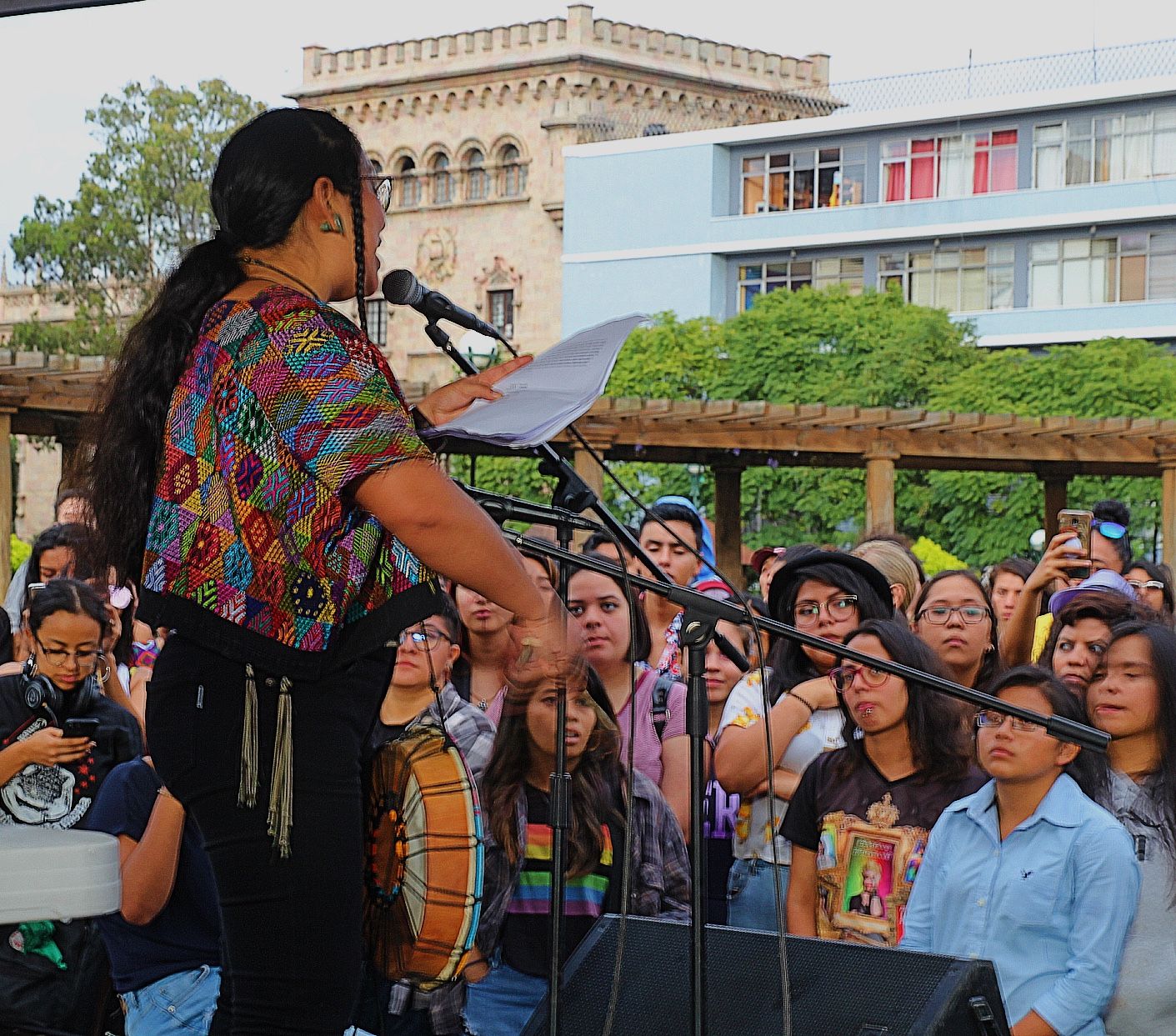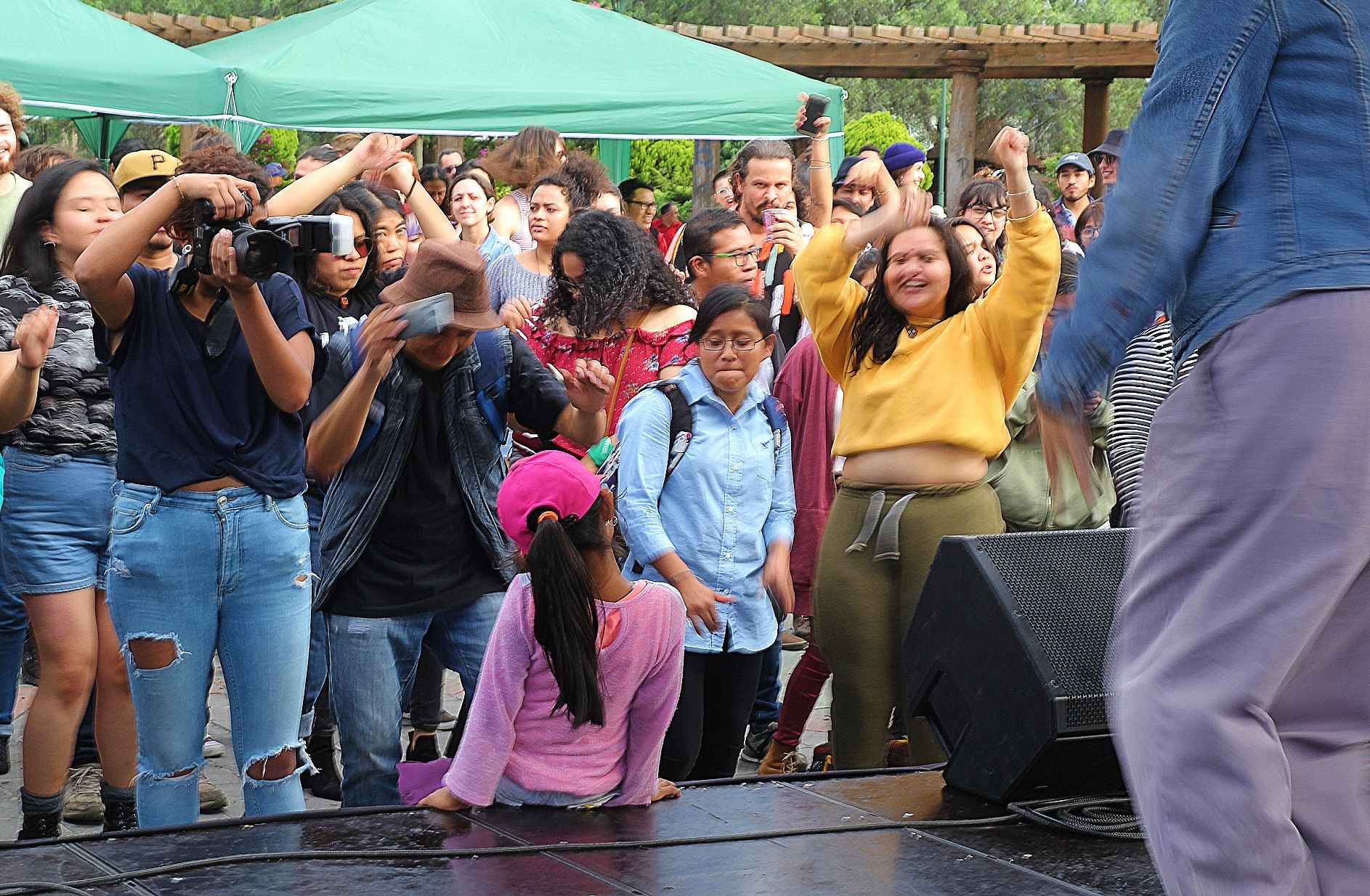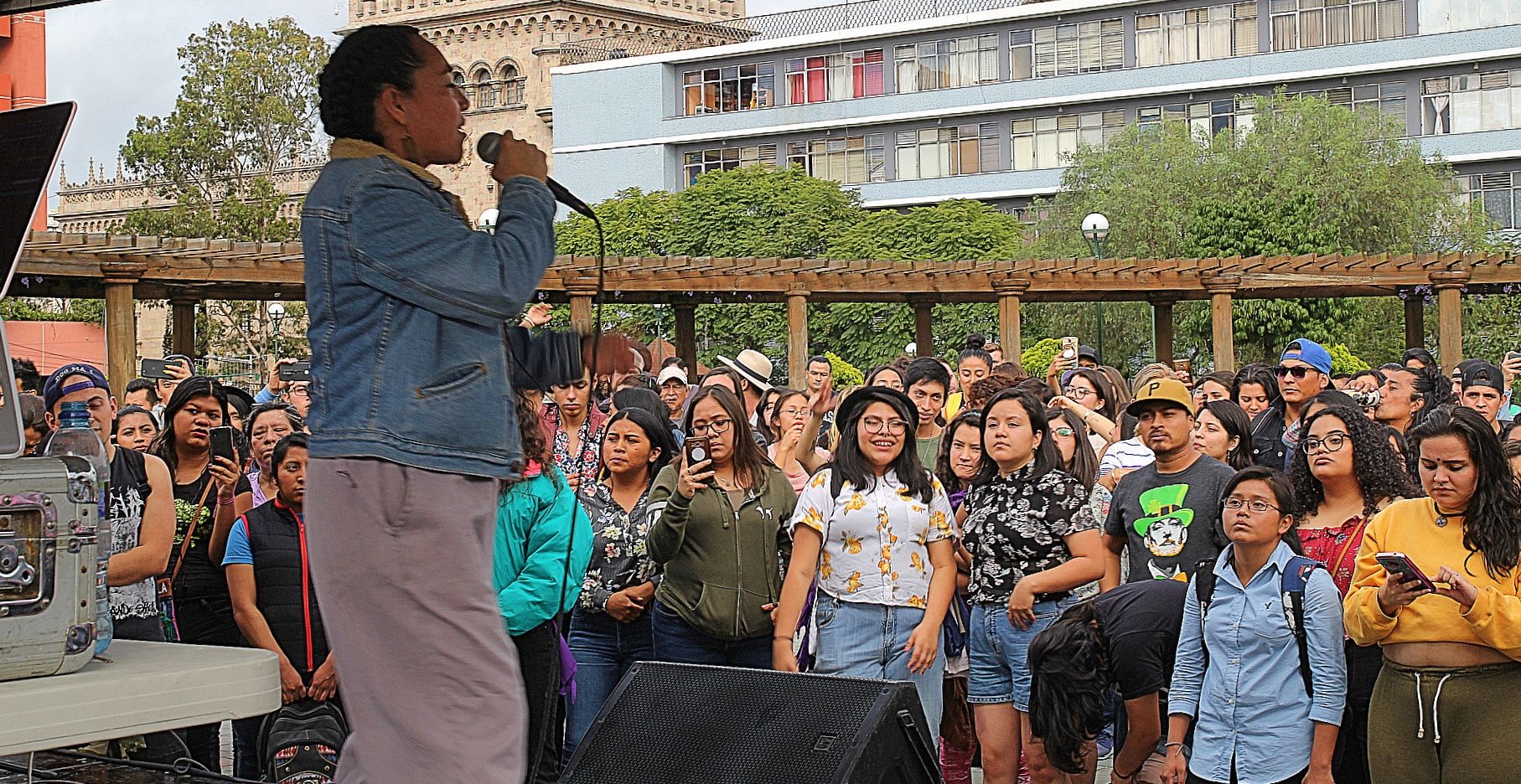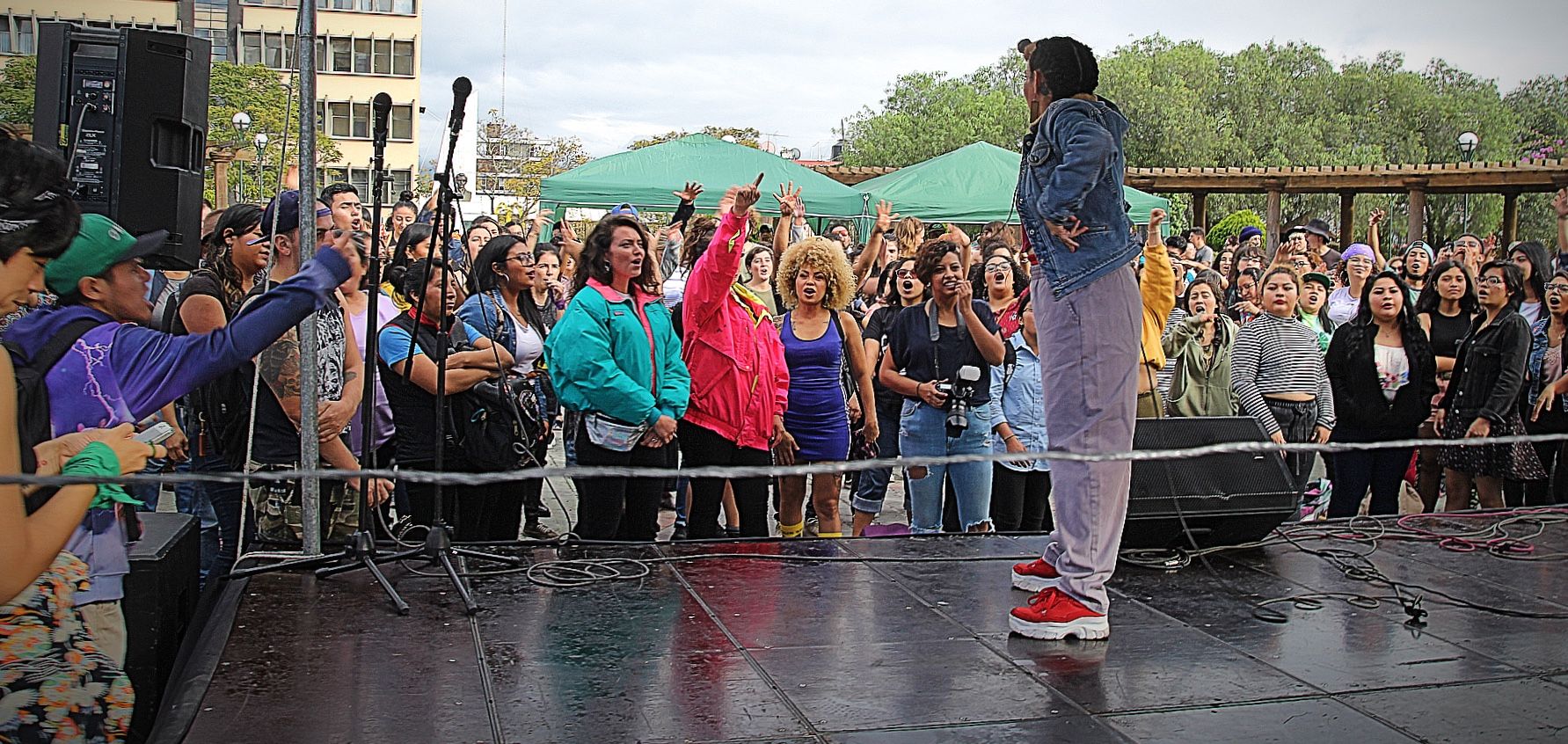There’s something about niche genres that allow artists to connect with their audiences in ways that the larger beasts of the music world do not. That isn’t to say the latter aren’t inspirational for others or have aspirations of speaking their truth in earnest and honest ways that connect with their audiences. Music is, ostensibly, the message. Whether it’s metal, punk, or hip hop, these sub-genres and their many off-shoots, though, often provide a safer haven for more direct messages to be spread away from the prying eyes and ears of those who simply don’t get it.
In Latin America, particularly in Guatemala, there has become a groundswell of support for women in hip hop that appeals in a multicultural, multiracial, and multi-gender way that not only supports larger acts but also creates the next wave of artists. Anyone familiar with the life-cycles of the punk scene knows that this is how that particular genre continues to grow over time. These subgenres become a sort of biofeedback loop often lending their audience confidence to get up in front of people and deliver your art in a powerful and meaningful way. So it is with the Guatemalan feminist hip hop scene.
Last Saturday, 14 artists took to a makeshift stage in a park in downtown Guatemala City more known for its history as a haven for junkies and drunks than a plaza playing witness to a legitimate music revolution. Sororirap brought together some of the burgeoning luminaries of this scene for a free concert that, at its peak, captivated and inspired over 500 people all looking for somewhere to belong.
The gathering felt quasi-familial without being closed off to newcomers. The parochialism that often occurs with these types of events, especially in these sub-genre scenes, is almost impossible to avoid. That the audience was overwhelmingly receptive, Latinx, and run by women, it created a much different dynamic than is the norm in this Central American country. But that is the point. Changing the dynamic, changing the game. And when you have the artistry of Rebeca Lane, the sly subversion of Suina, or the lyrical gymnastics and genius of Eskarnia (not to mention those DJ skills all day long alongside Mery Classics) with the evolving talent of Gabriela Bolten, Mai de Rimas, and emerging duo, Jelissa y Maru; the stage was literally set for their growing community to pick up mics and decks of their own.
The event was also punctuated by powerful poetry performances during breaks between sets by Rosa Chavez, Jas Gitaldi, Daniela Archila, Eugenia Cruz, and Lenina Garcia while Gatia Cerota presided over the whole affair as host for the day. That all of these people come from different backgrounds in leadership and community activism made their performances all the more powerful.
Here is a selection of photos from the day as our crew saw it on the ground. (All photos by Bill Fetty and Fernando Chuy)
